What is Metabolic Bone Disease (MBD)?

Metabolic Bone Disease, commonly known as MBD, is a group of disorders that result in the weakening and deformation of bones in reptiles. It is most often caused by an imbalance of calcium, phosphorus, and vitamin D3, leading to fragile bones, deformities, and other serious health issues. MBD is a common and preventable condition that can significantly impact the quality of life and longevity of your reptile companion.
Why Do Reptiles Get MBD?

MBD typically arises from improper husbandry practices, including:
- Insufficient UVB Lighting - Reptiles require UVB light to synthesize vitamin D3, which is essential for calcium absorption. Without adequate UVB exposure, they cannot properly metabolize calcium.
- Inadequate Diet - A diet lacking in calcium or having an incorrect calcium-to-phosphorus ratio can lead to MBD. Feeder insects and certain plant materials may not provide enough calcium, necessitating supplementation.
- Lack of Calcium Supplementation - Some reptiles, especially those on an insectivorous diet, need calcium supplements to ensure proper nutrient intake.
How to Prevent MBD in Reptiles
Preventing MBD is all about providing proper care and nutrition:
- Provide Proper UVB Lighting - Ensure your reptile has access to high-quality UVB lighting. This is crucial for their ability to synthesize vitamin D3. Replace the UVB bulbs regularly, as their effectiveness diminishes over time.
- Balanced Diet - Offer a diet rich in calcium and appropriate for the species. Feeders, such as mealworms, hornworms, and dubia roaches, are excellent options. Gut-load these insects with nutritious foods and give them with premium calcium supplement to ensure your reptile receives the necessary nutrients.
- Calcium and Vitamin D3 Supplements - Use supplements as directed by a veterinarian to ensure your reptile gets enough calcium and vitamin D3.
- Regular Vet Check-ups - Regular health check-ups can help detect early signs of MBD and other health issues.
What to Do When You See Symptoms of MBD
Early detection and intervention are crucial in managing MBD. Common symptoms include:
- Lethargy and weakness
- Swollen limbs or jaw
- Soft or brittle bones
- Difficulty moving or deformities
If you notice any of these signs, immediately consult a reptile veterinarian. Treatment may include calcium and vitamin D3 supplementation, changes in diet and lighting, and, in severe cases, more intensive medical intervention.
MBD is a serious but preventable condition in reptiles. By providing proper UVB lighting, a balanced diet, and regular veterinary care, you can help ensure the health and well-being of your reptilian friend. Remember, proactive care is the best way to prevent MBD and keep your pet happy and healthy.
If you want to take extra steps to ensure your reptile gets the BEST CARE and NUTRITION, check out our Geckopia Triple Dish for a convenient way to serve their food. Shop now! And don't forget to follow us @thegeckopia.

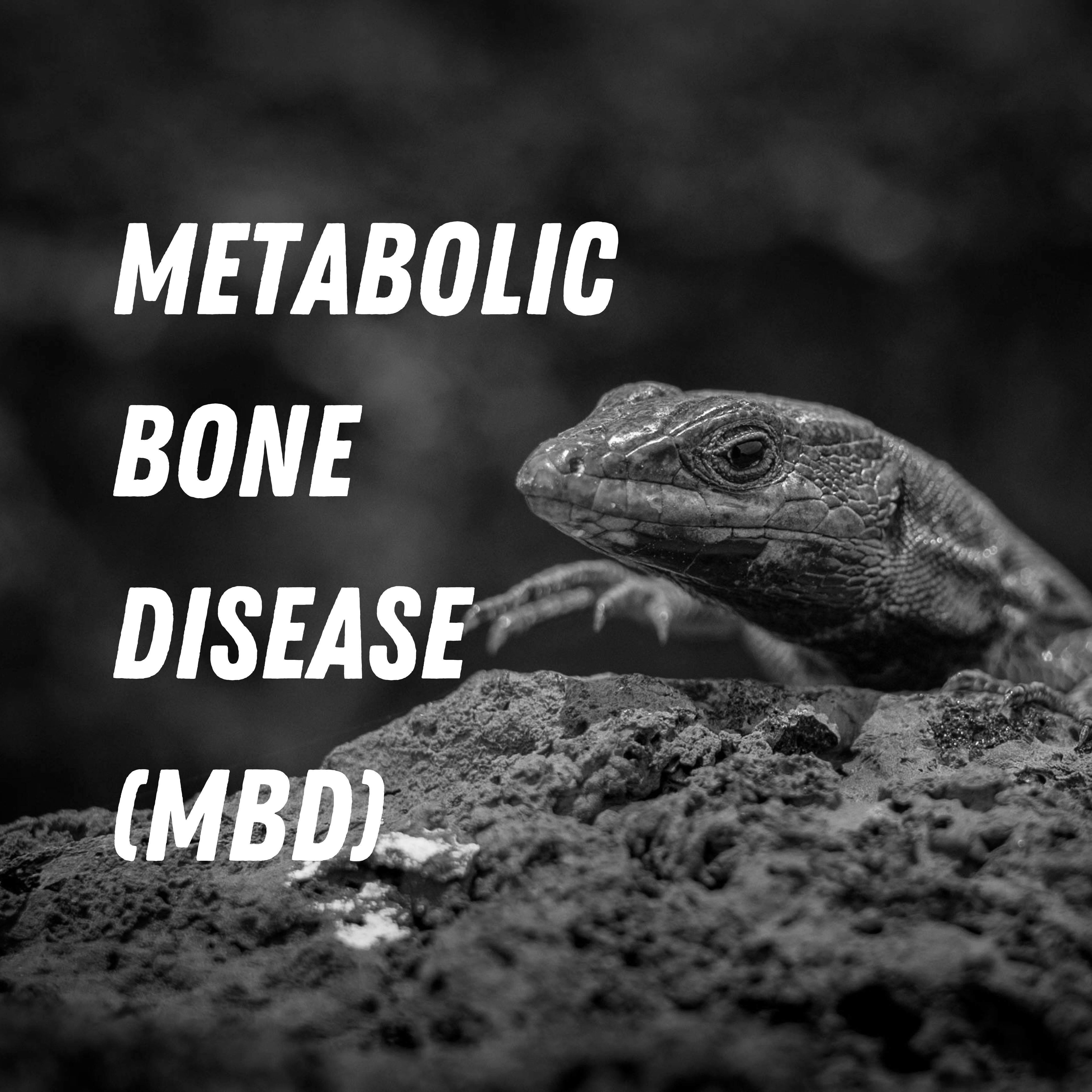


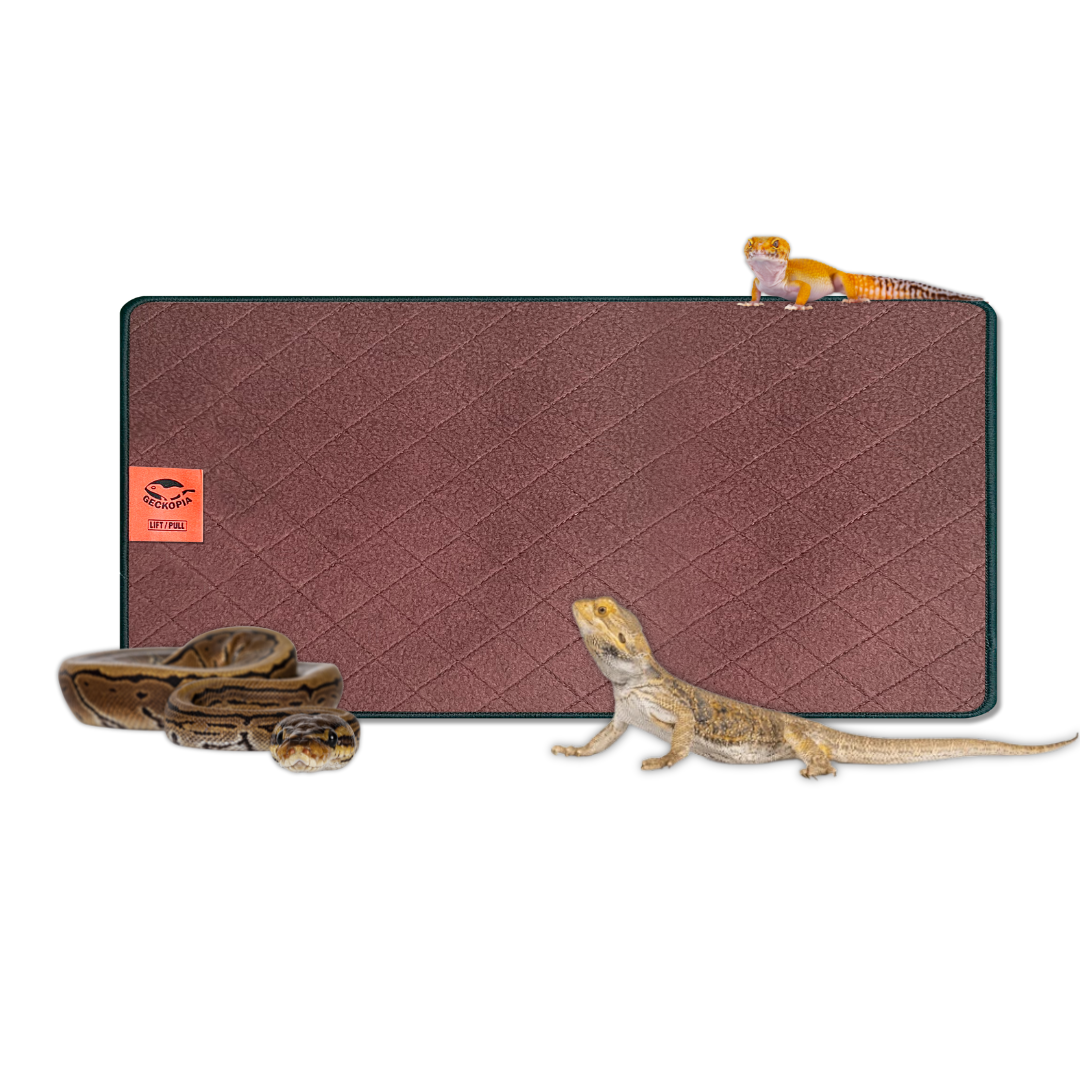
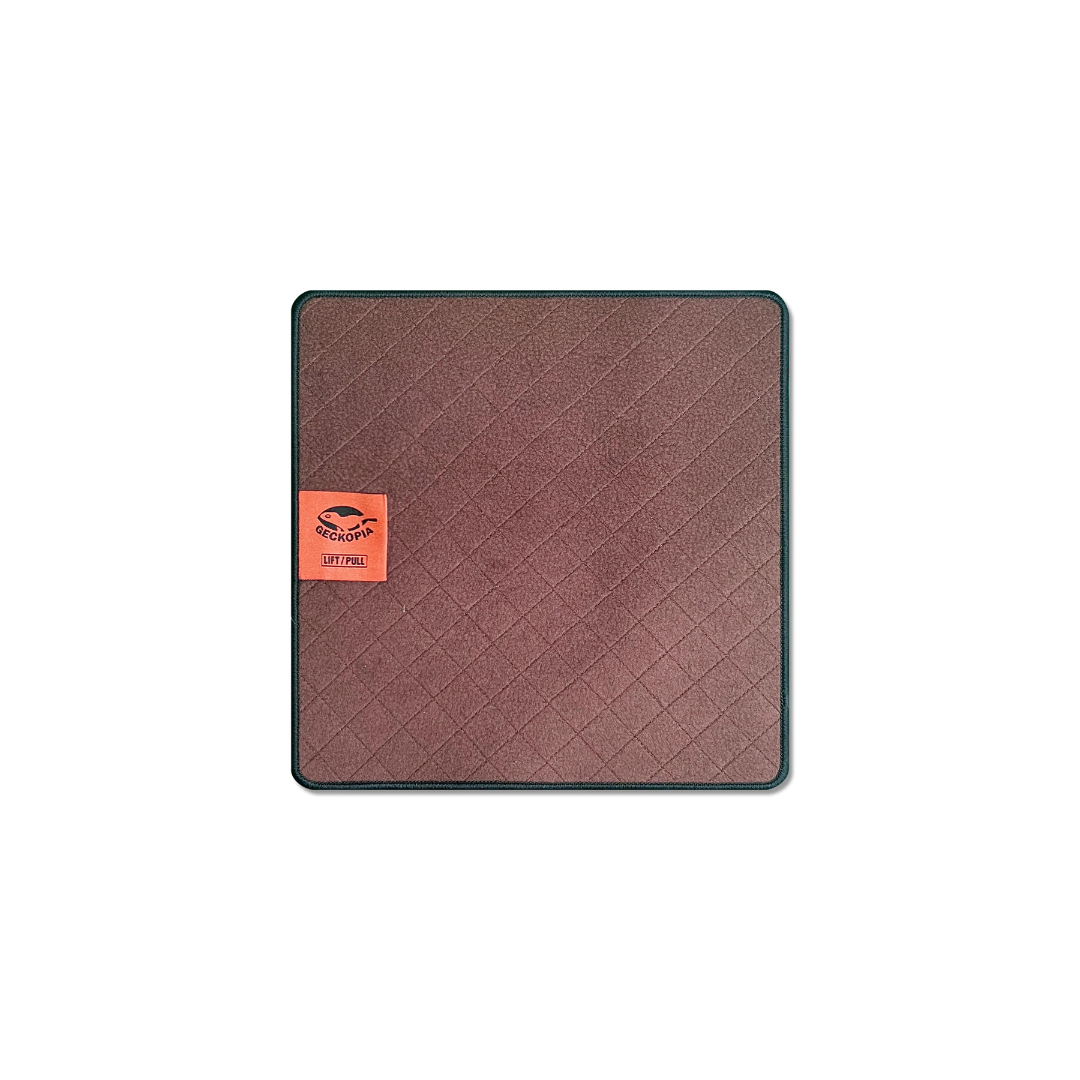
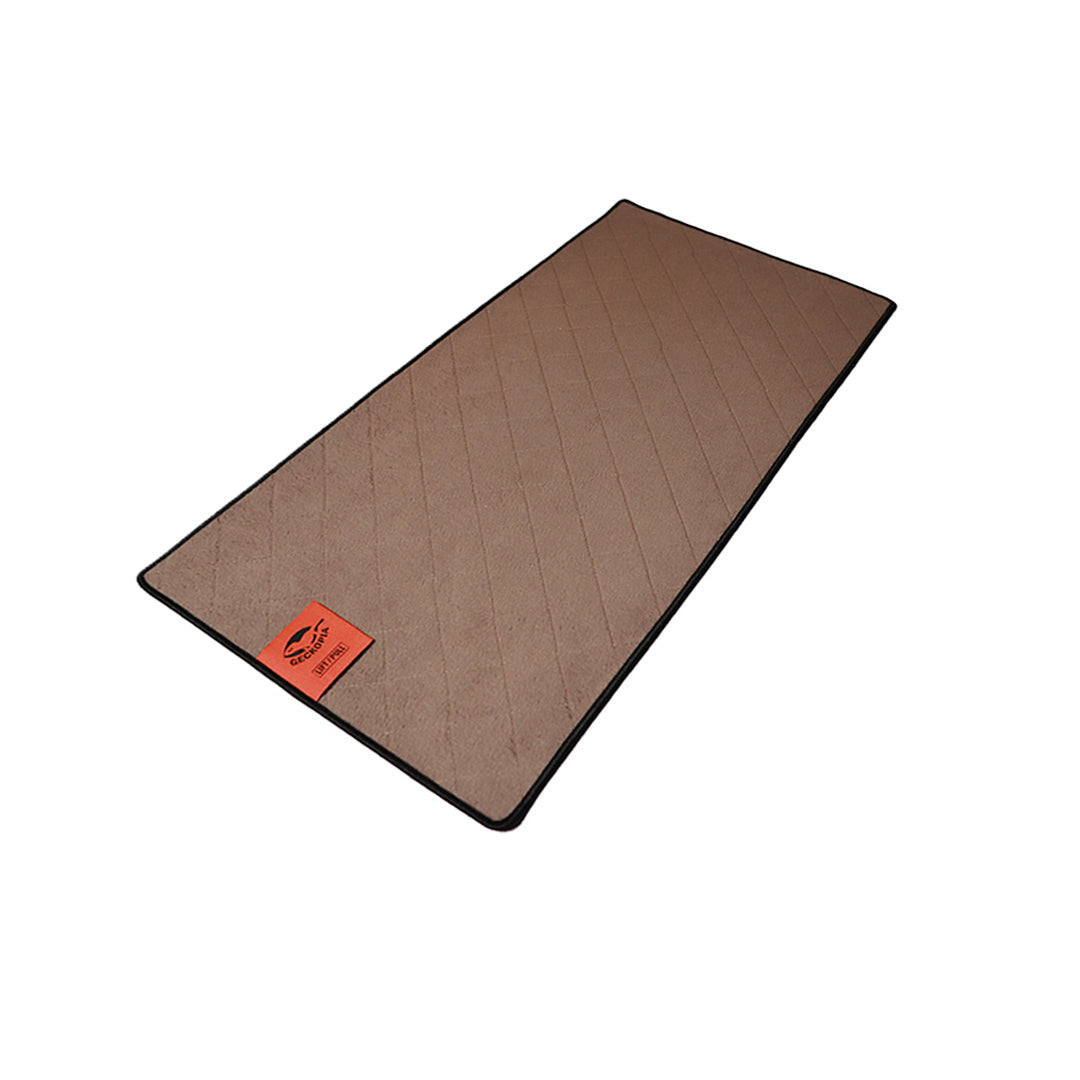

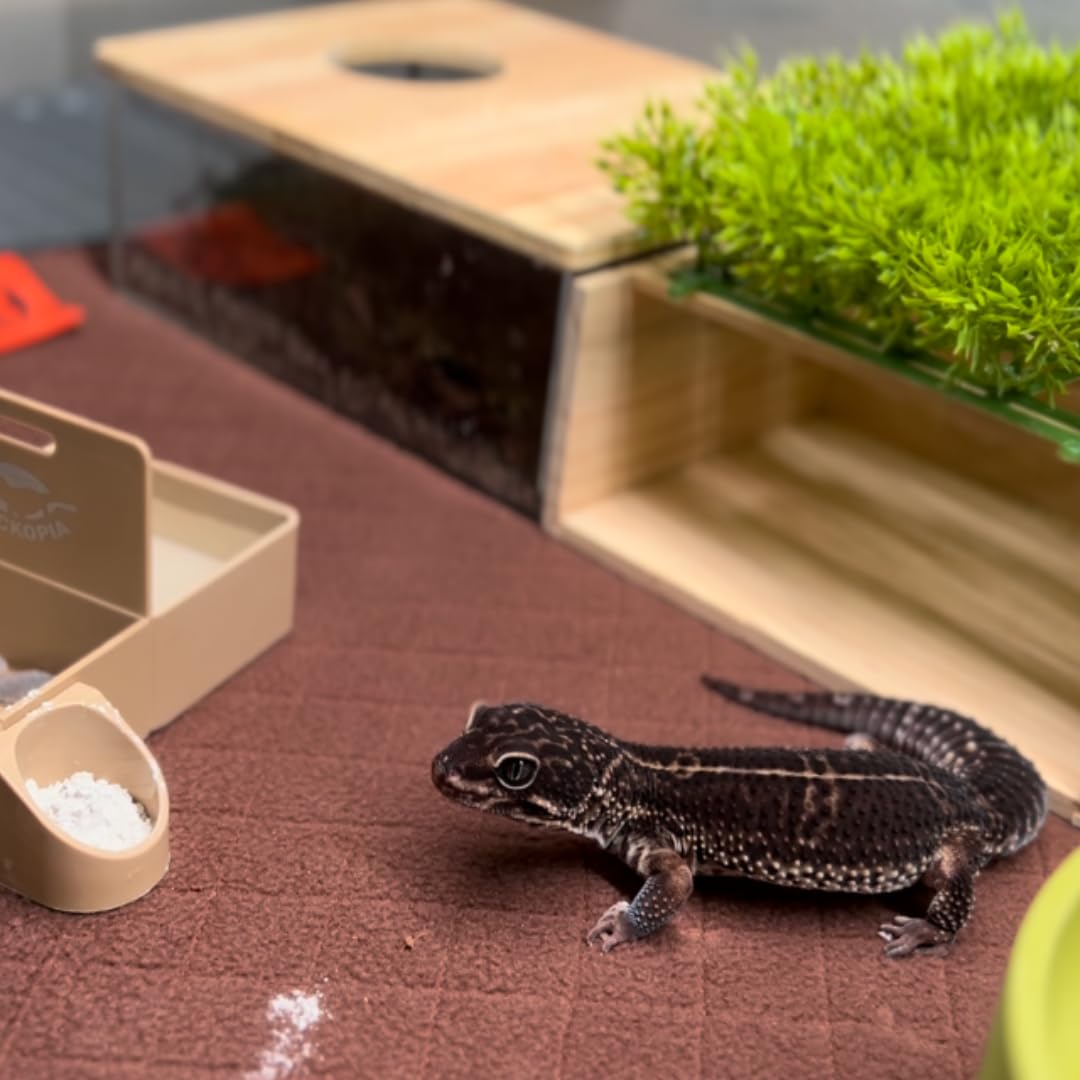

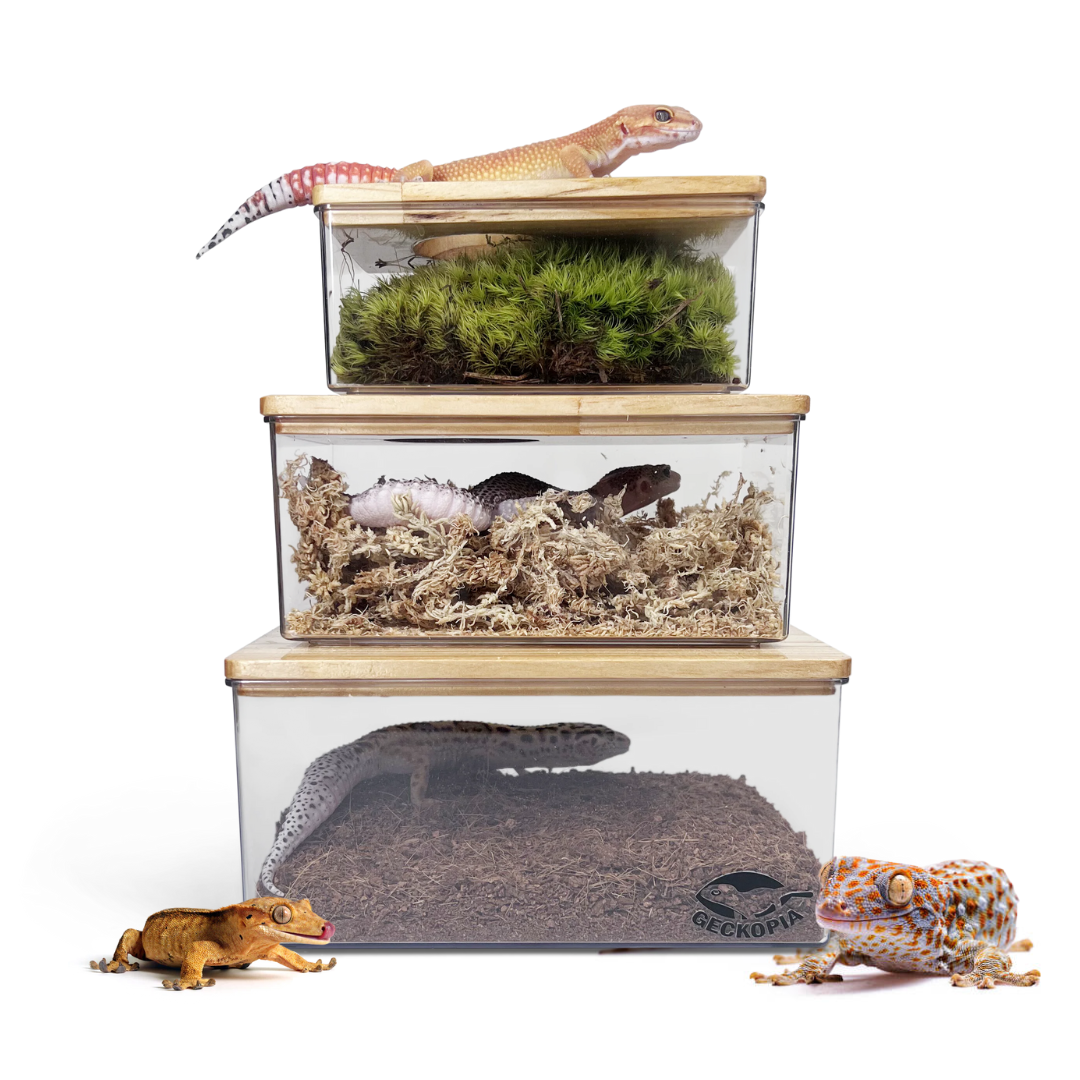
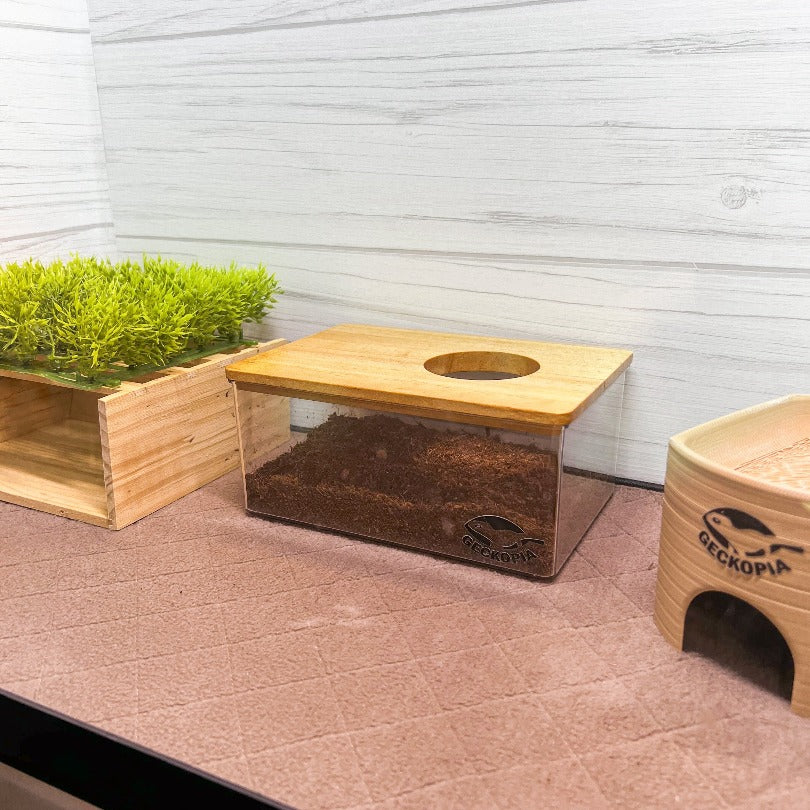
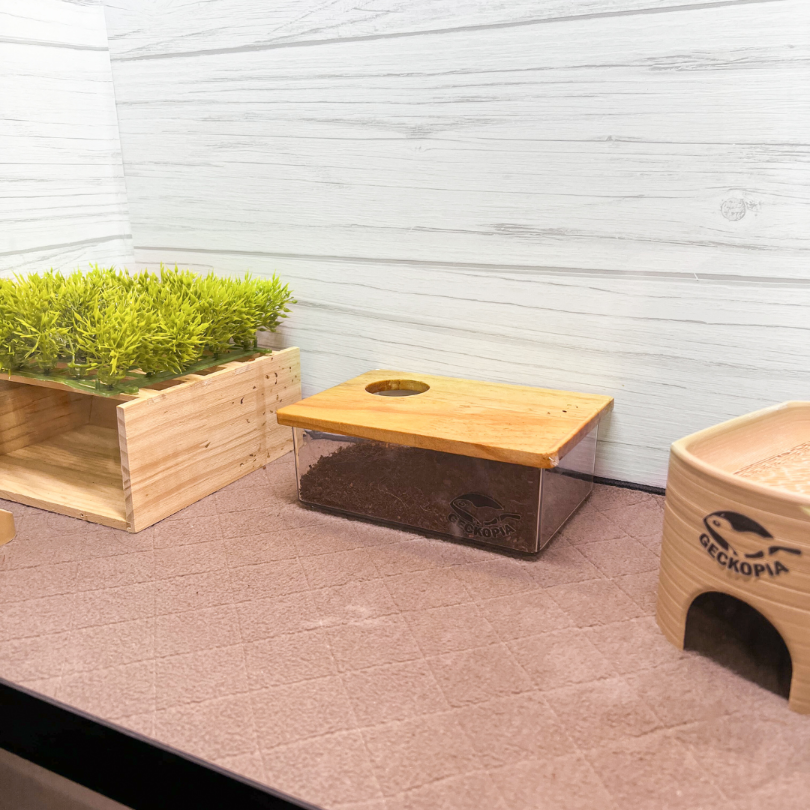
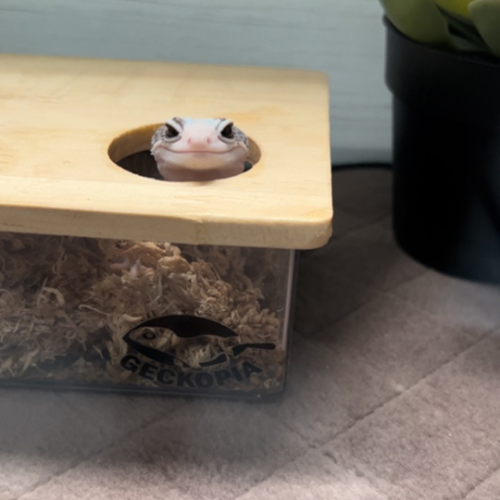
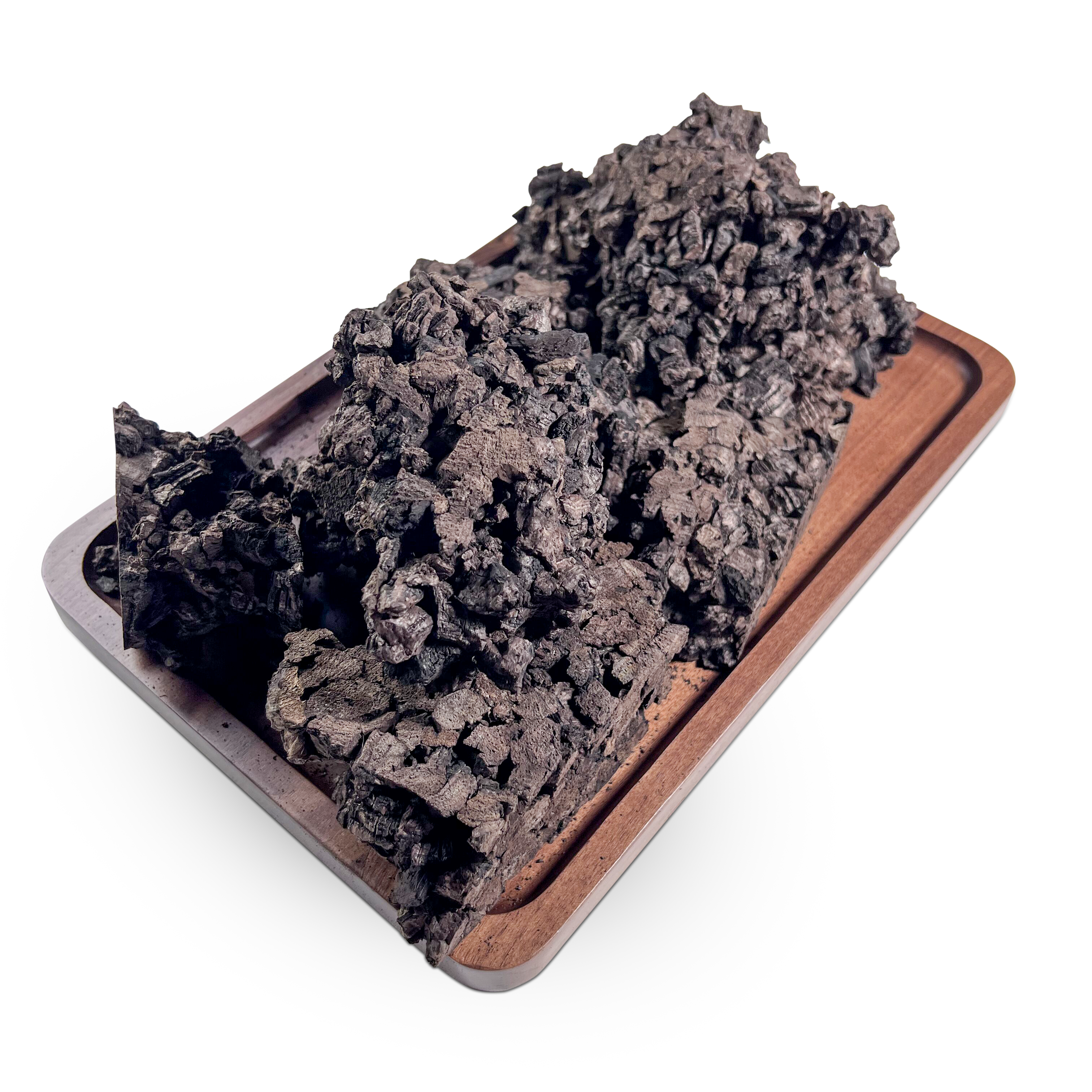
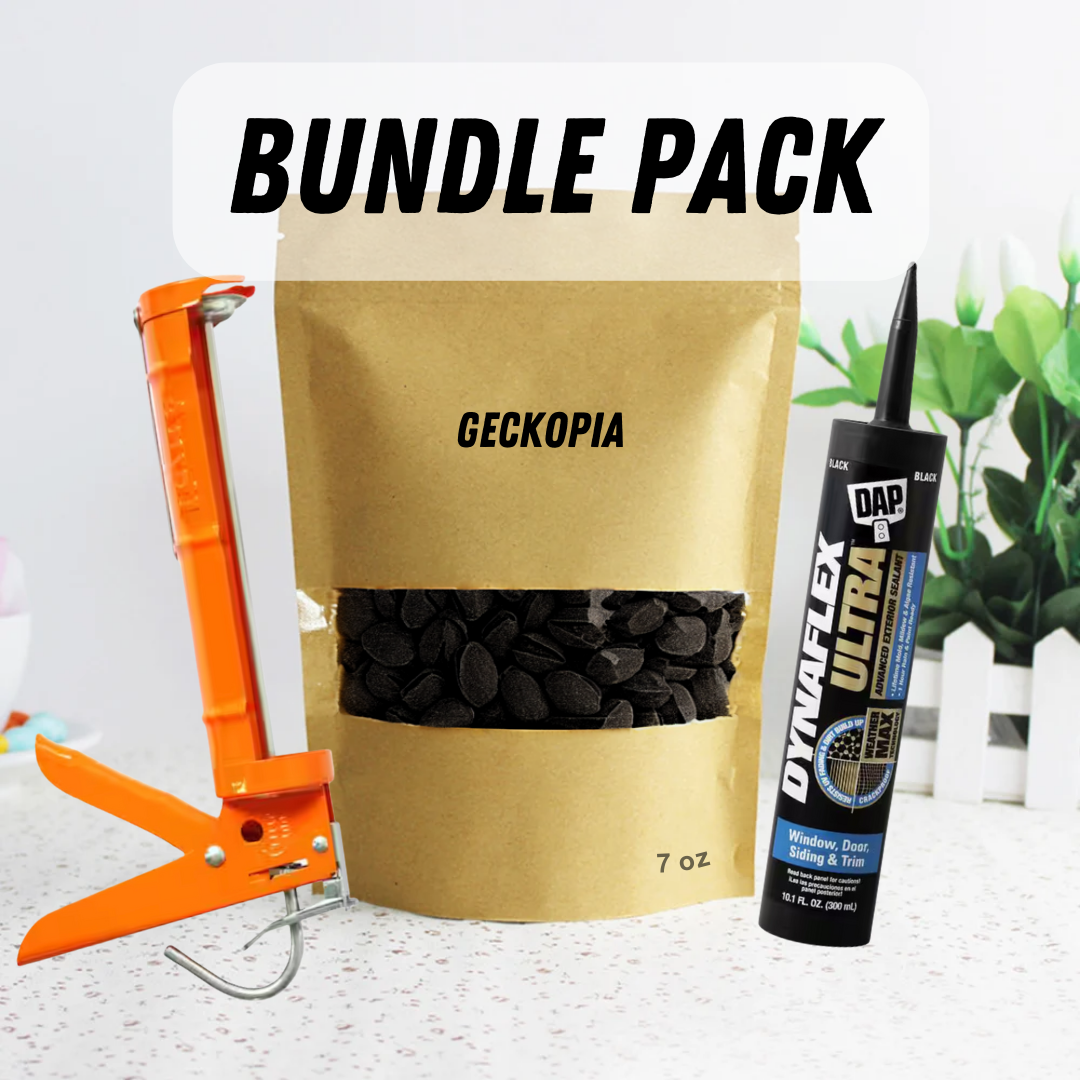

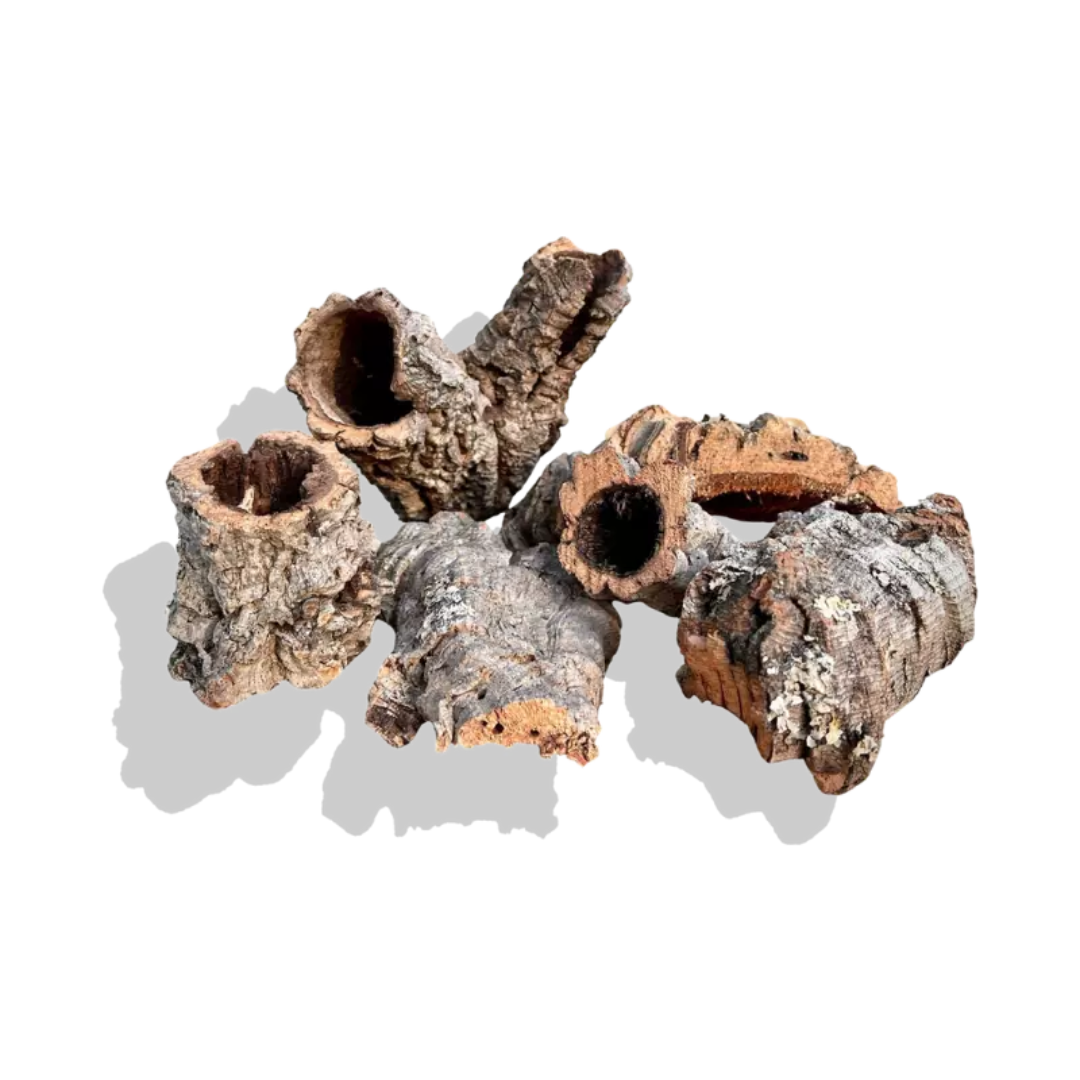
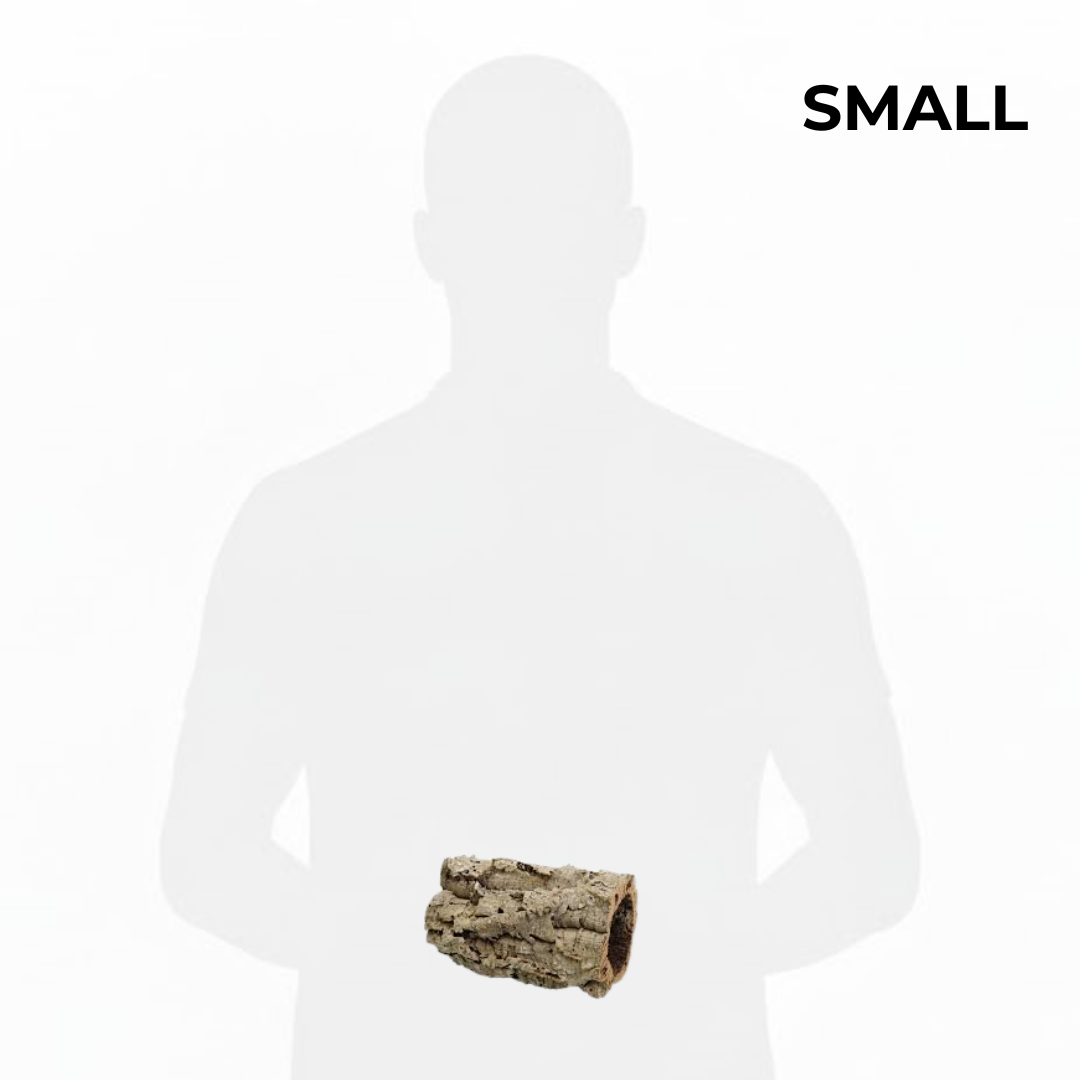
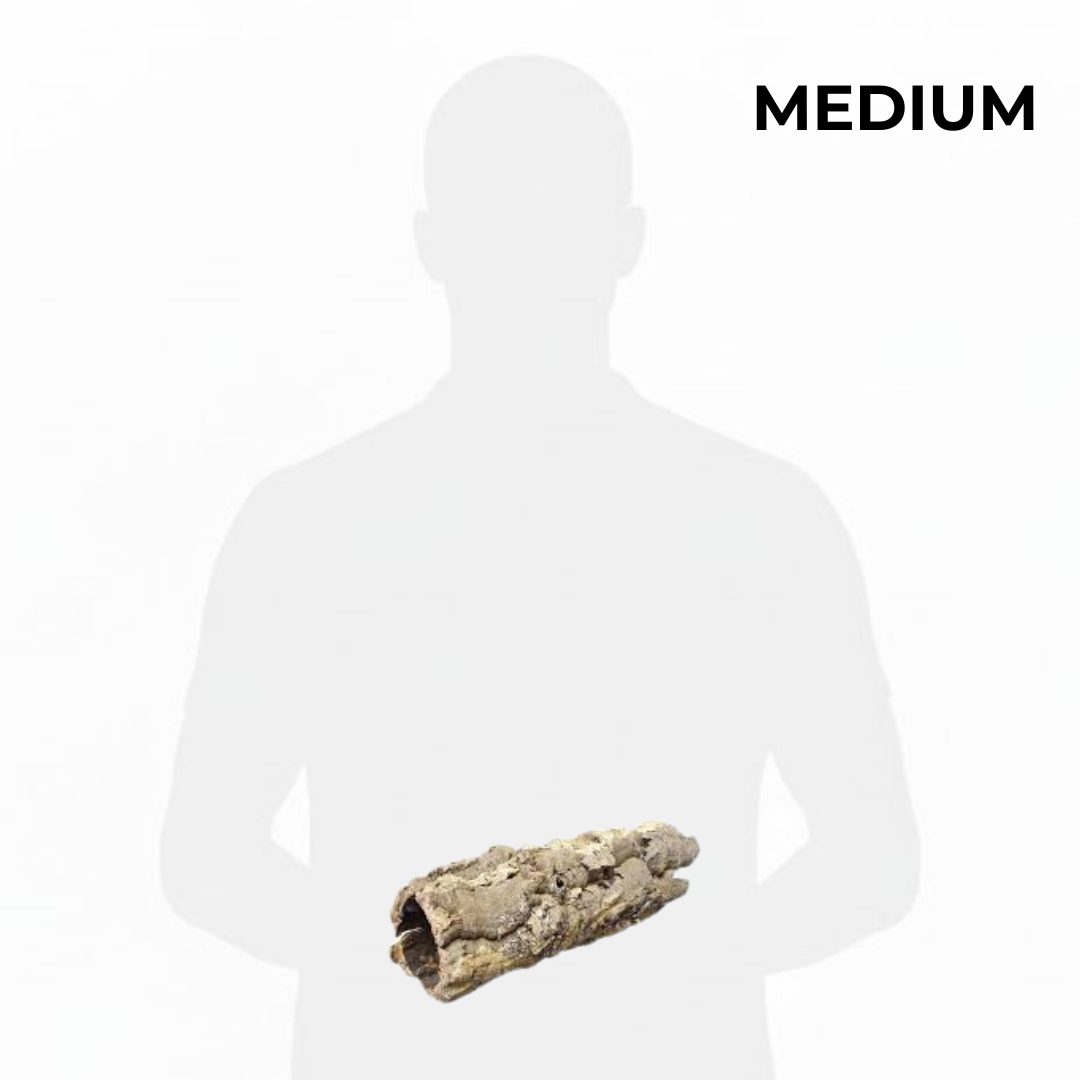
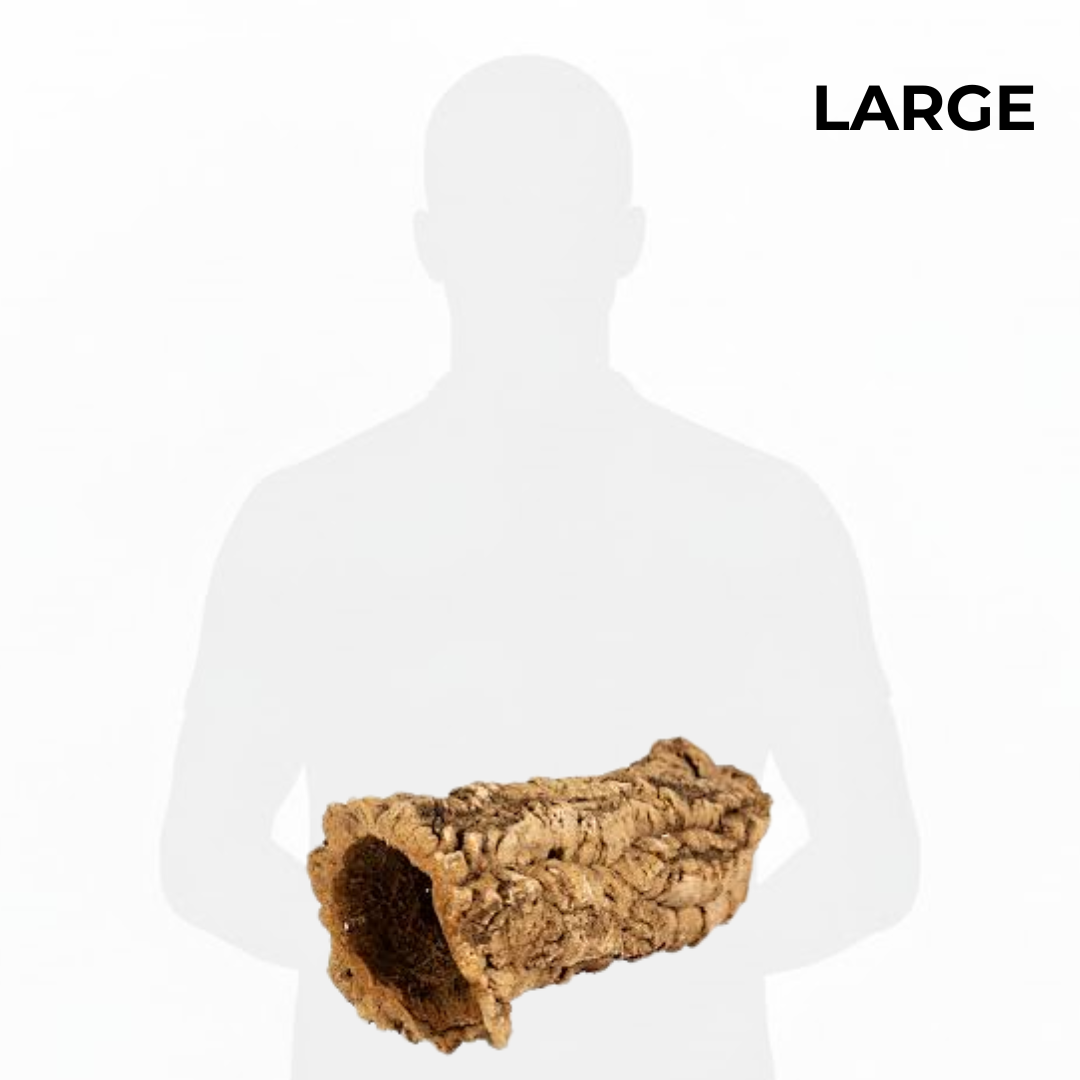
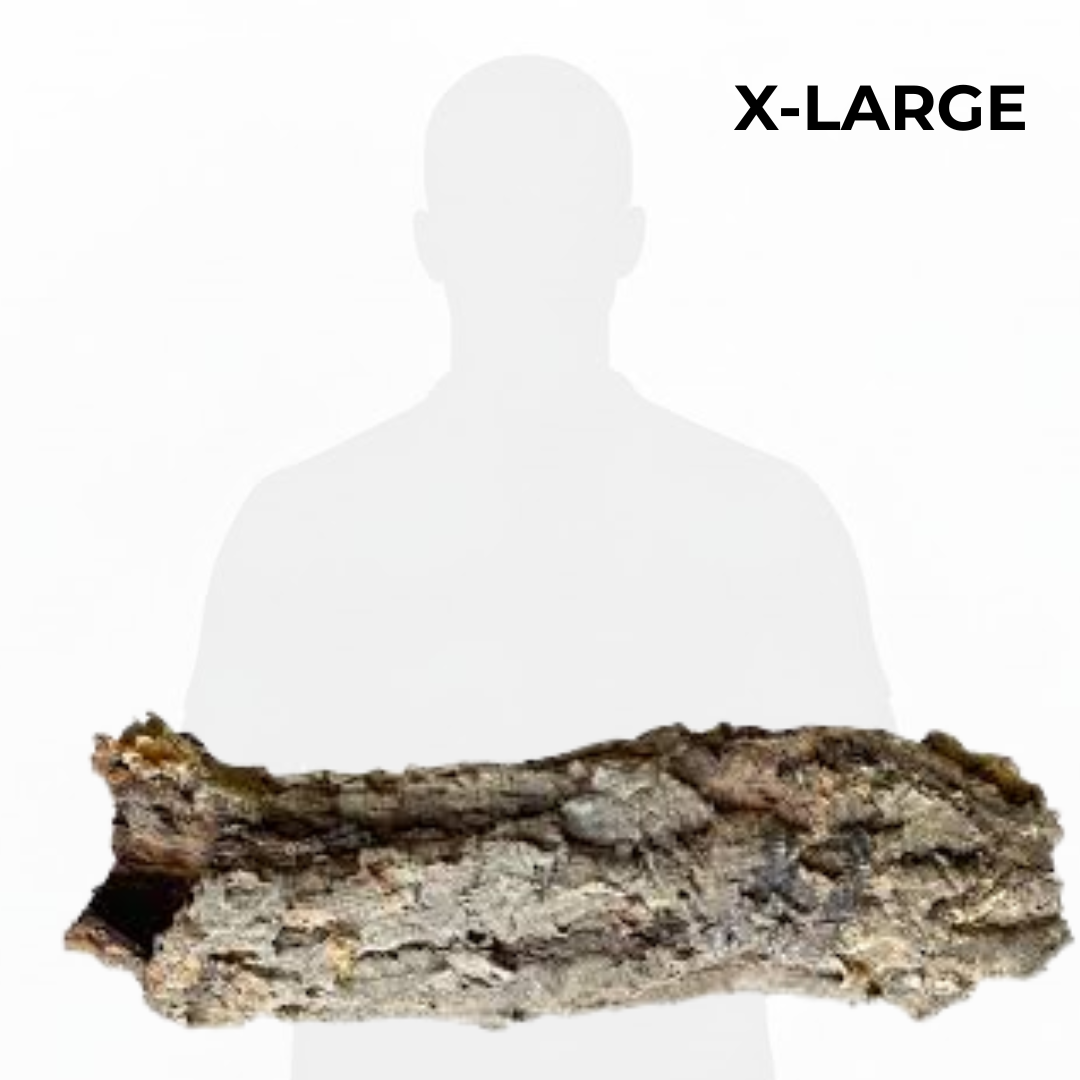

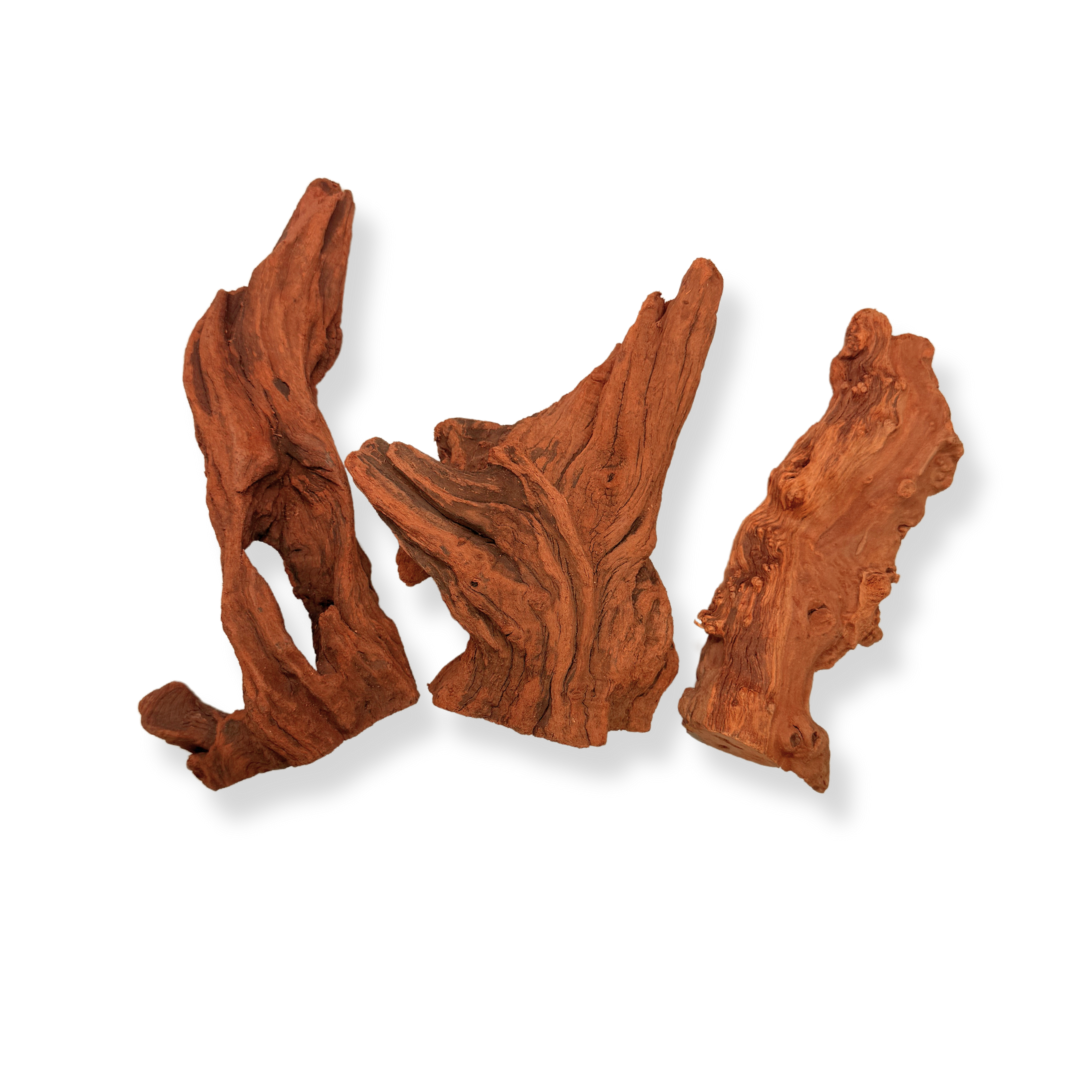
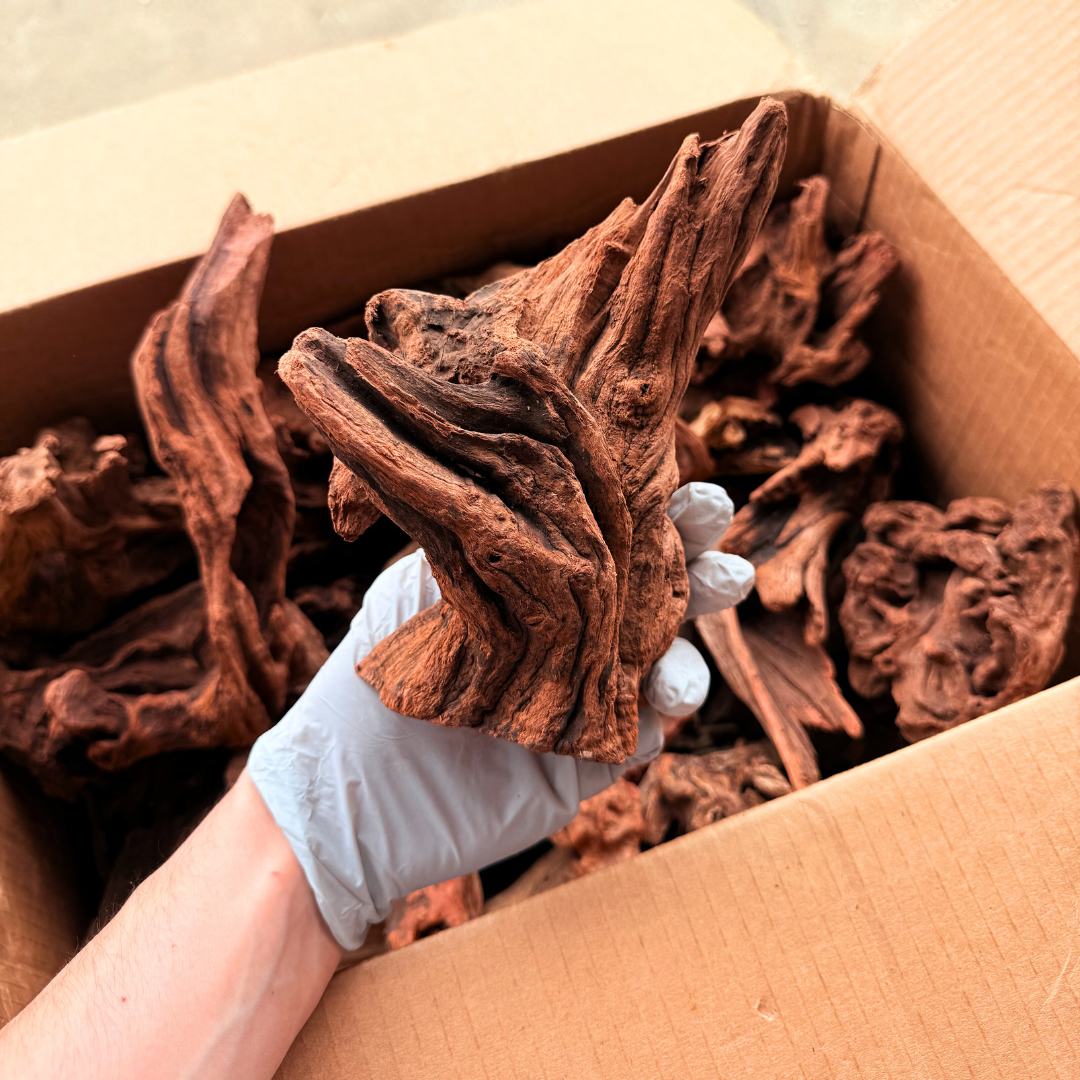






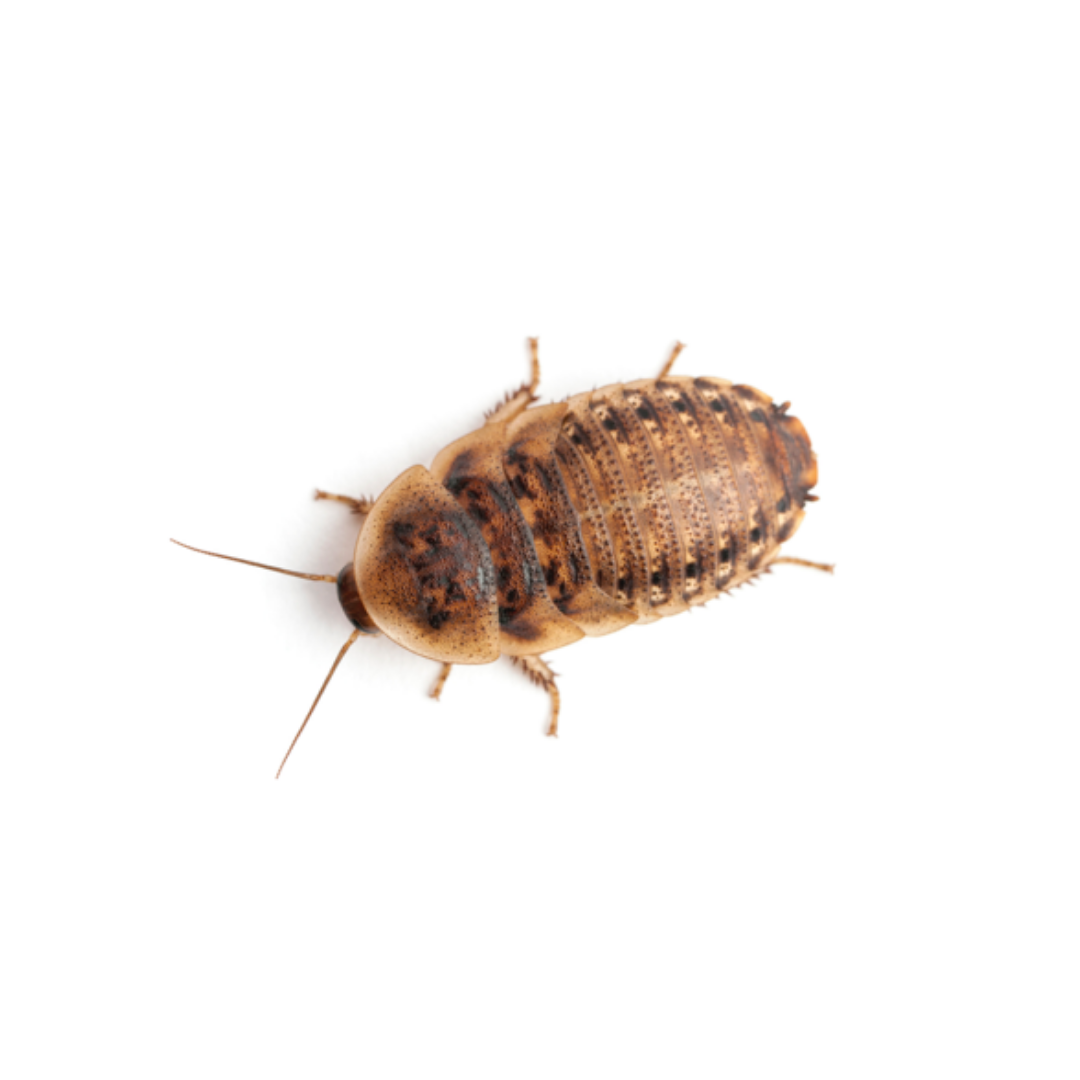
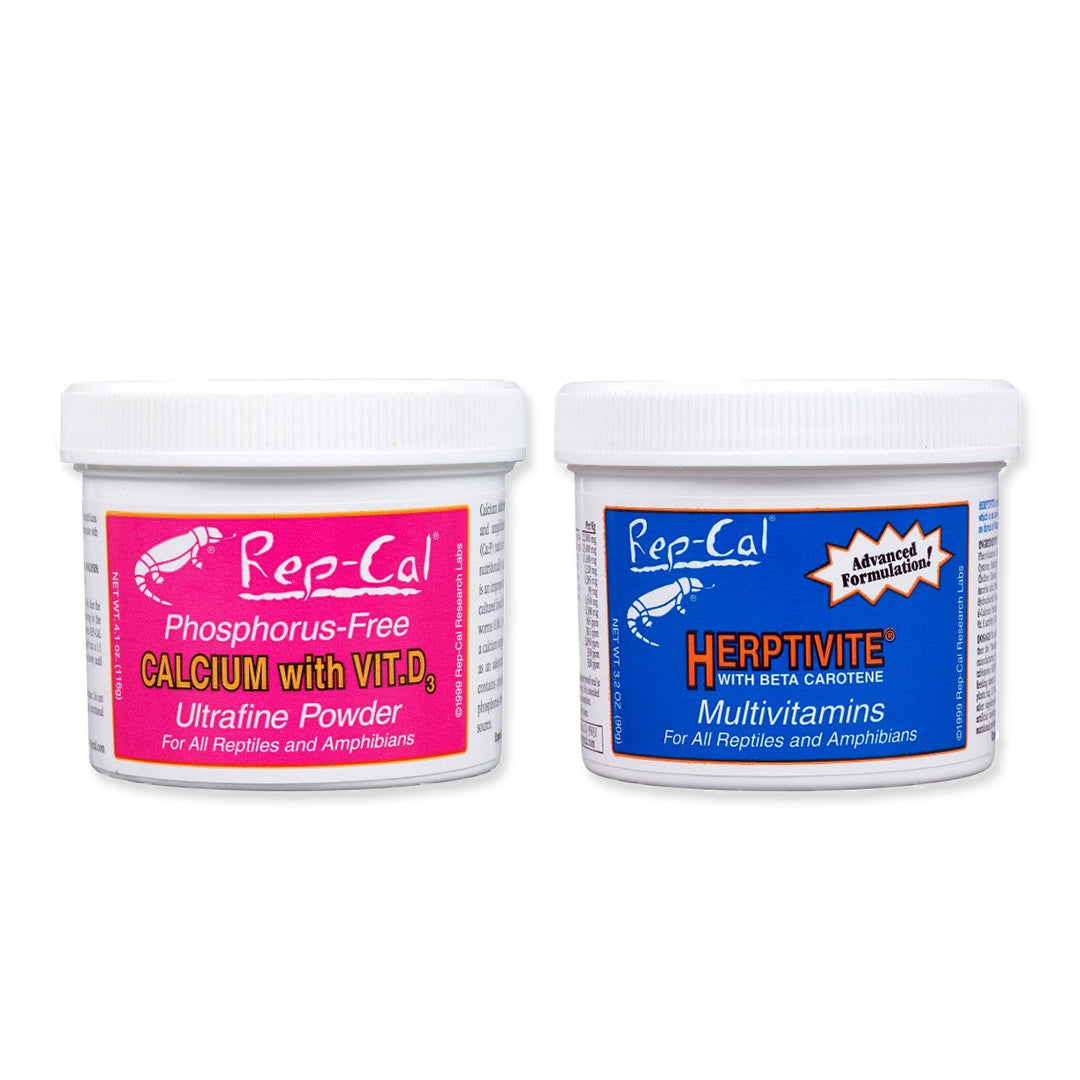
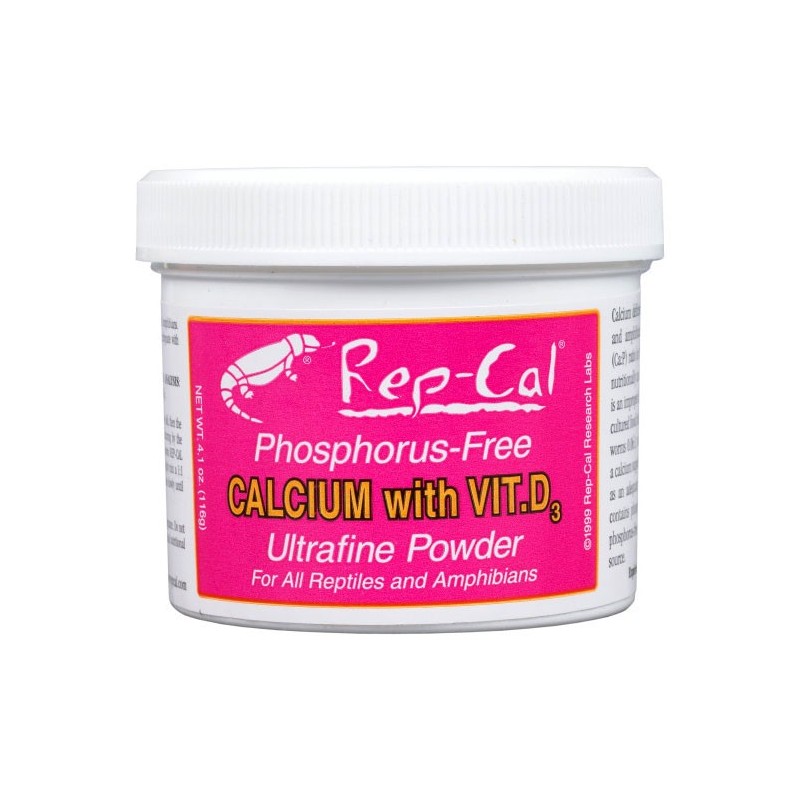
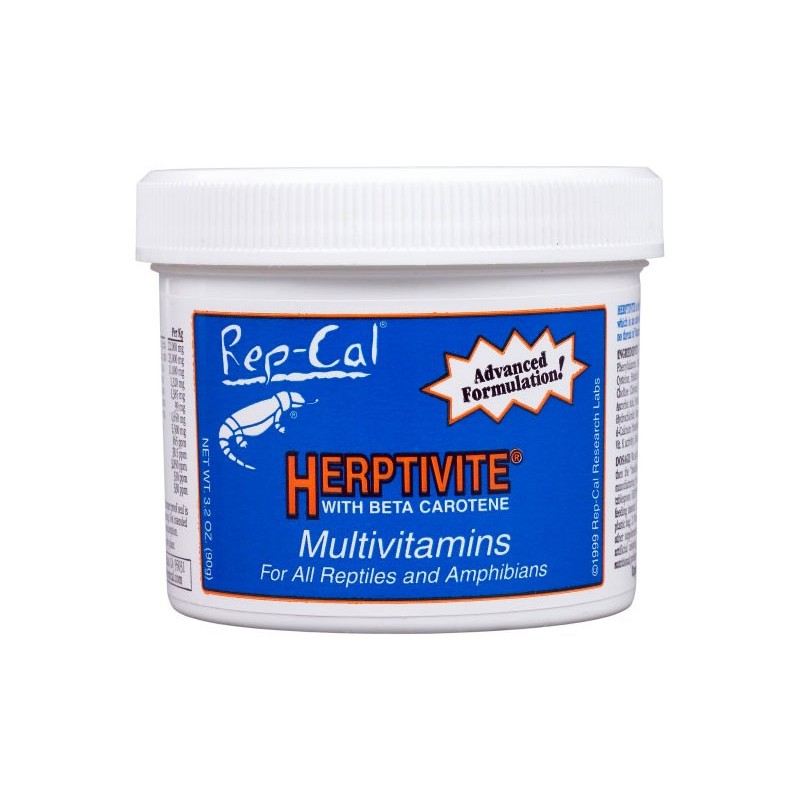
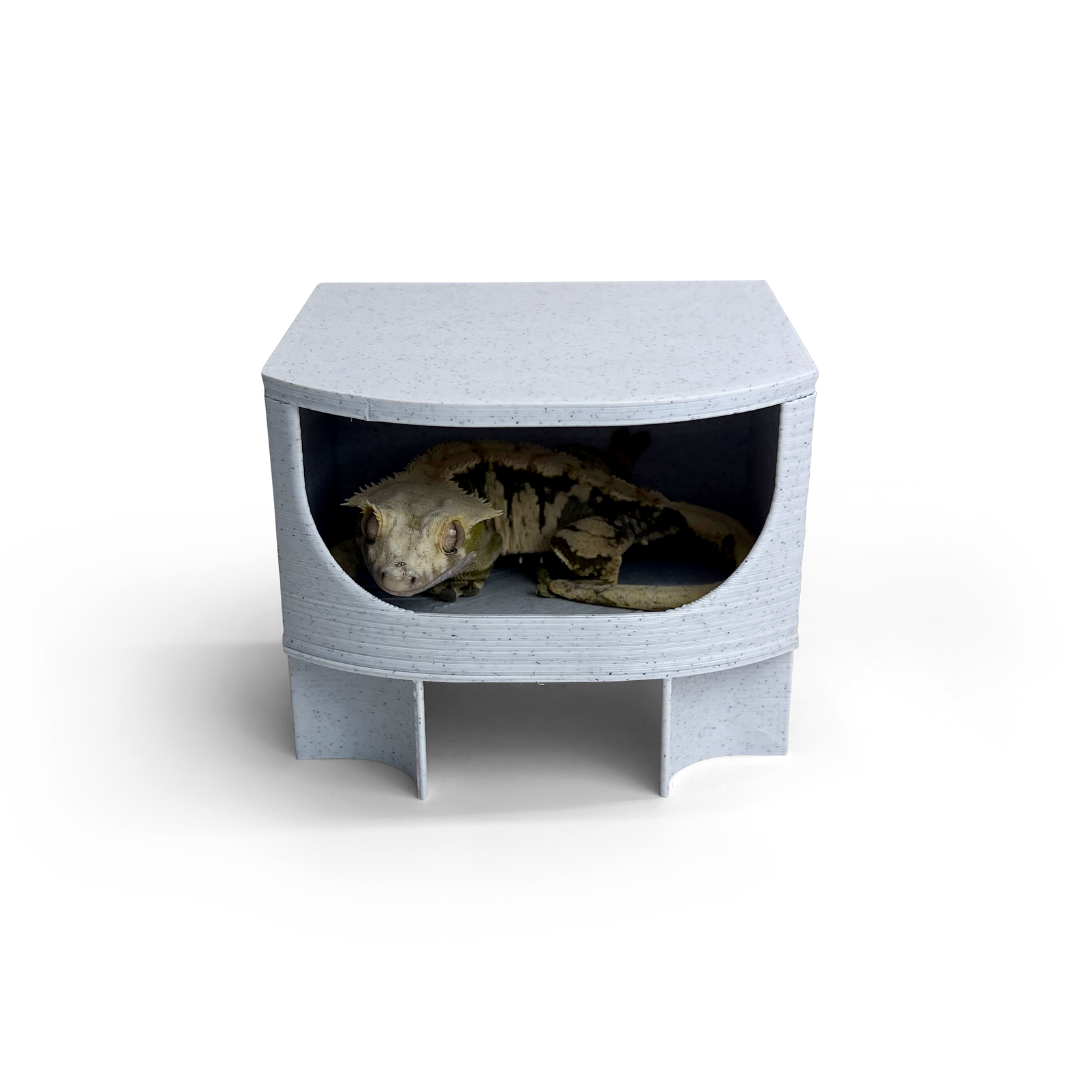
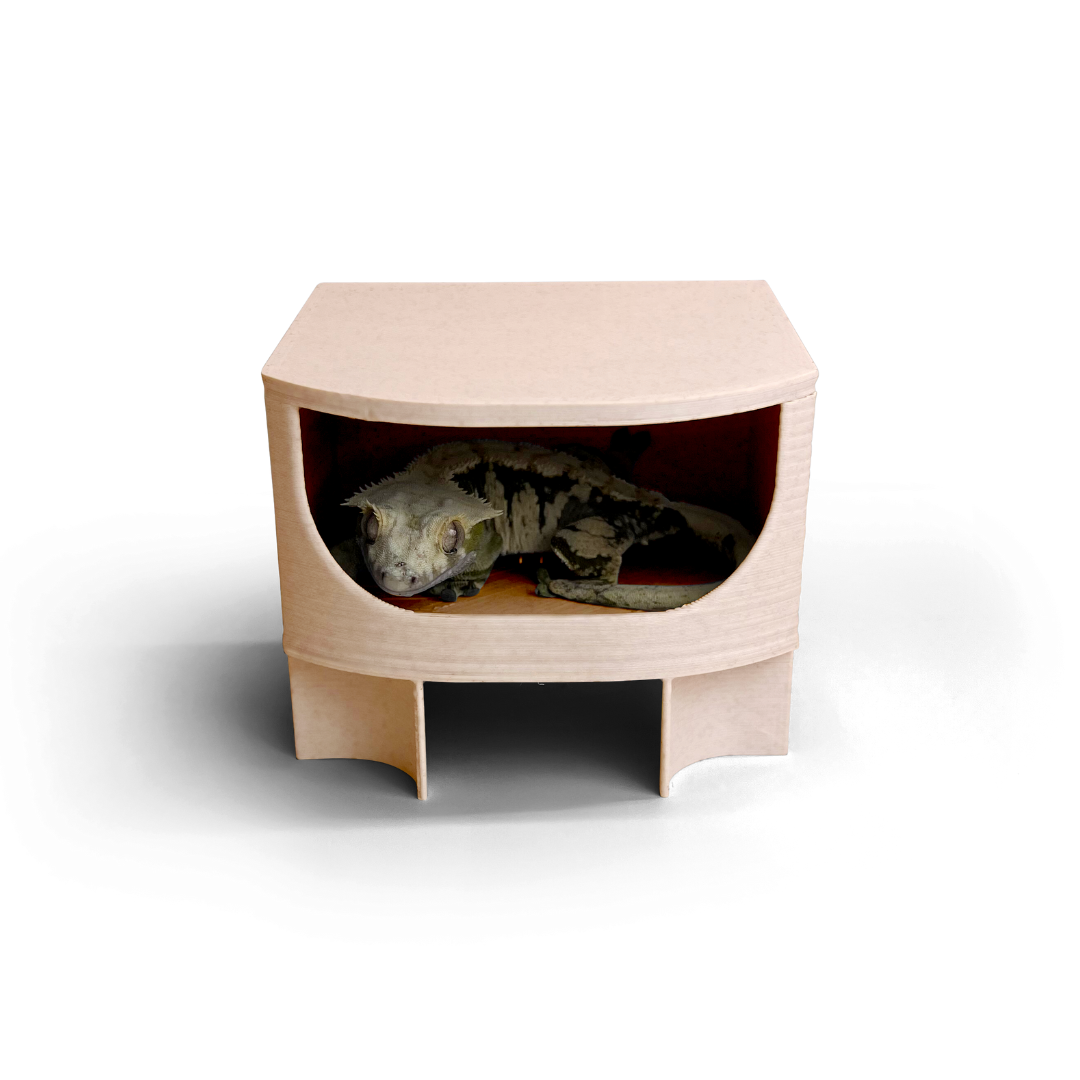
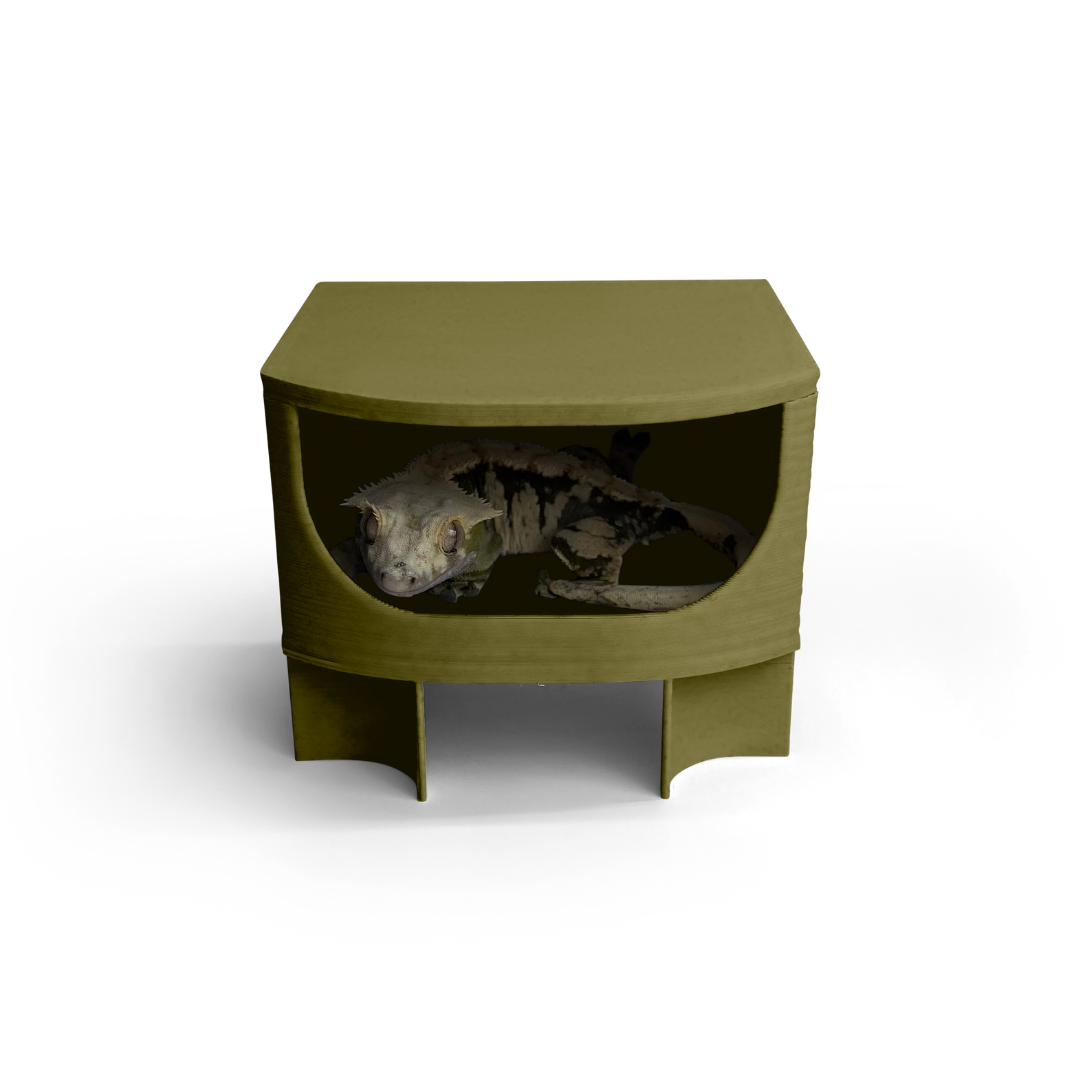
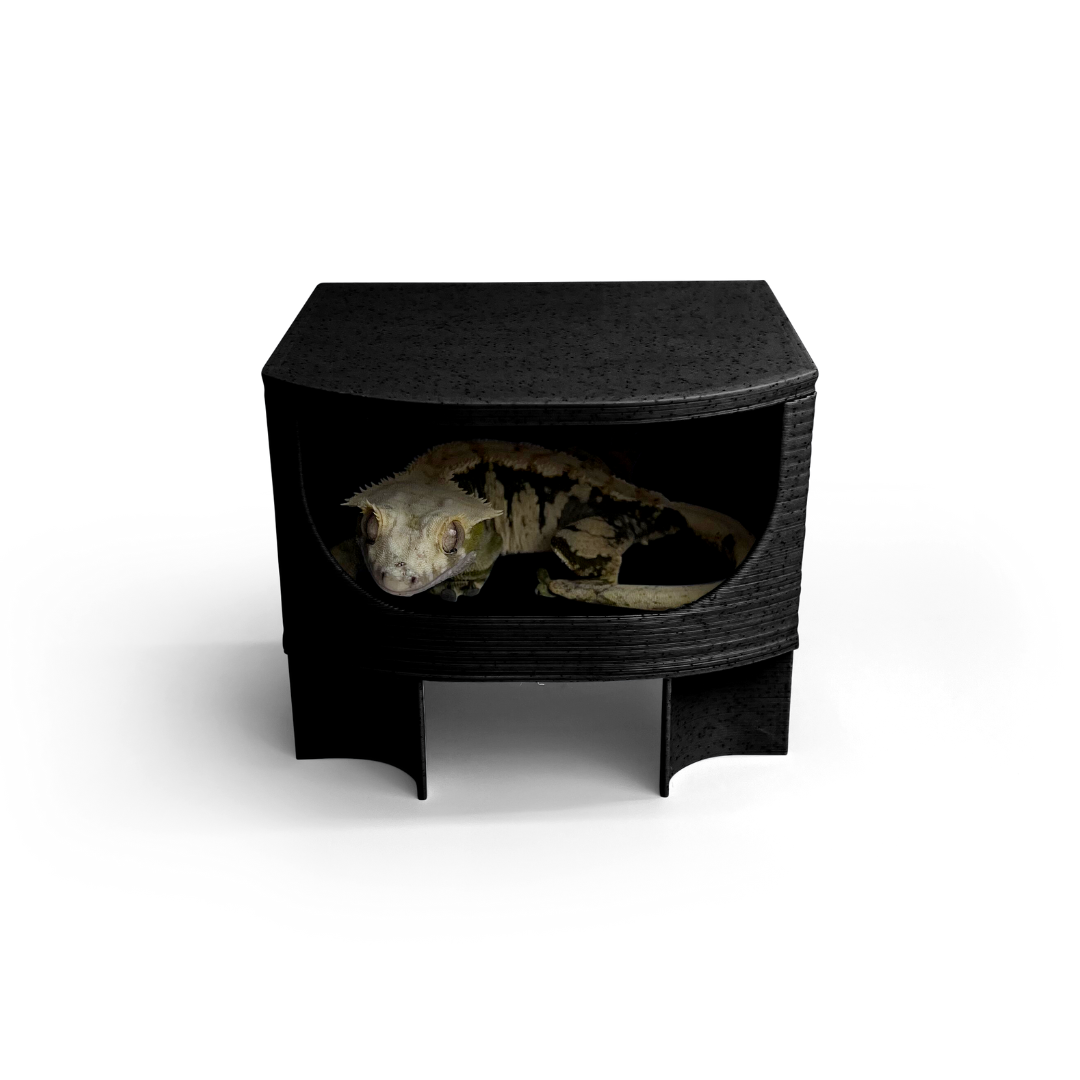
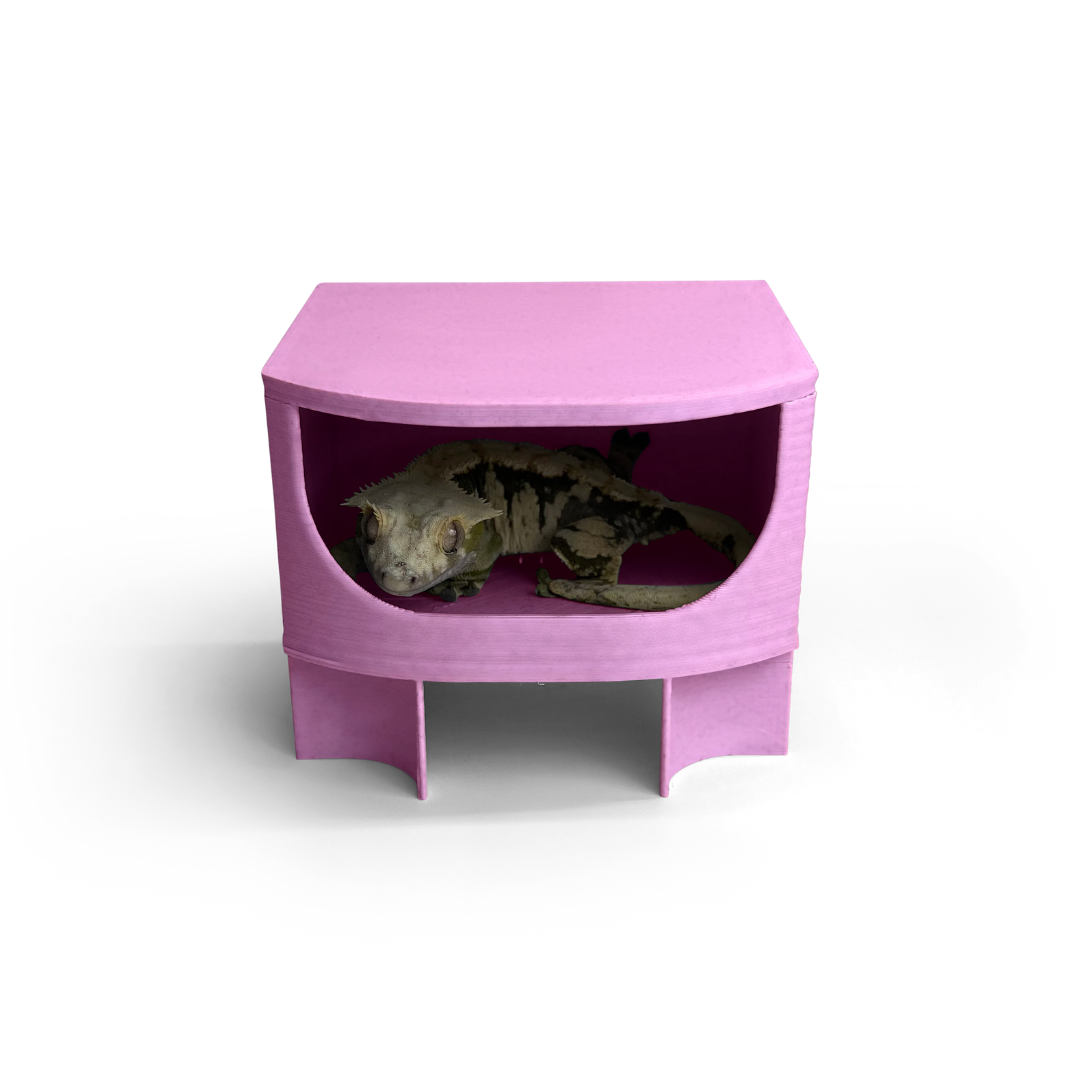
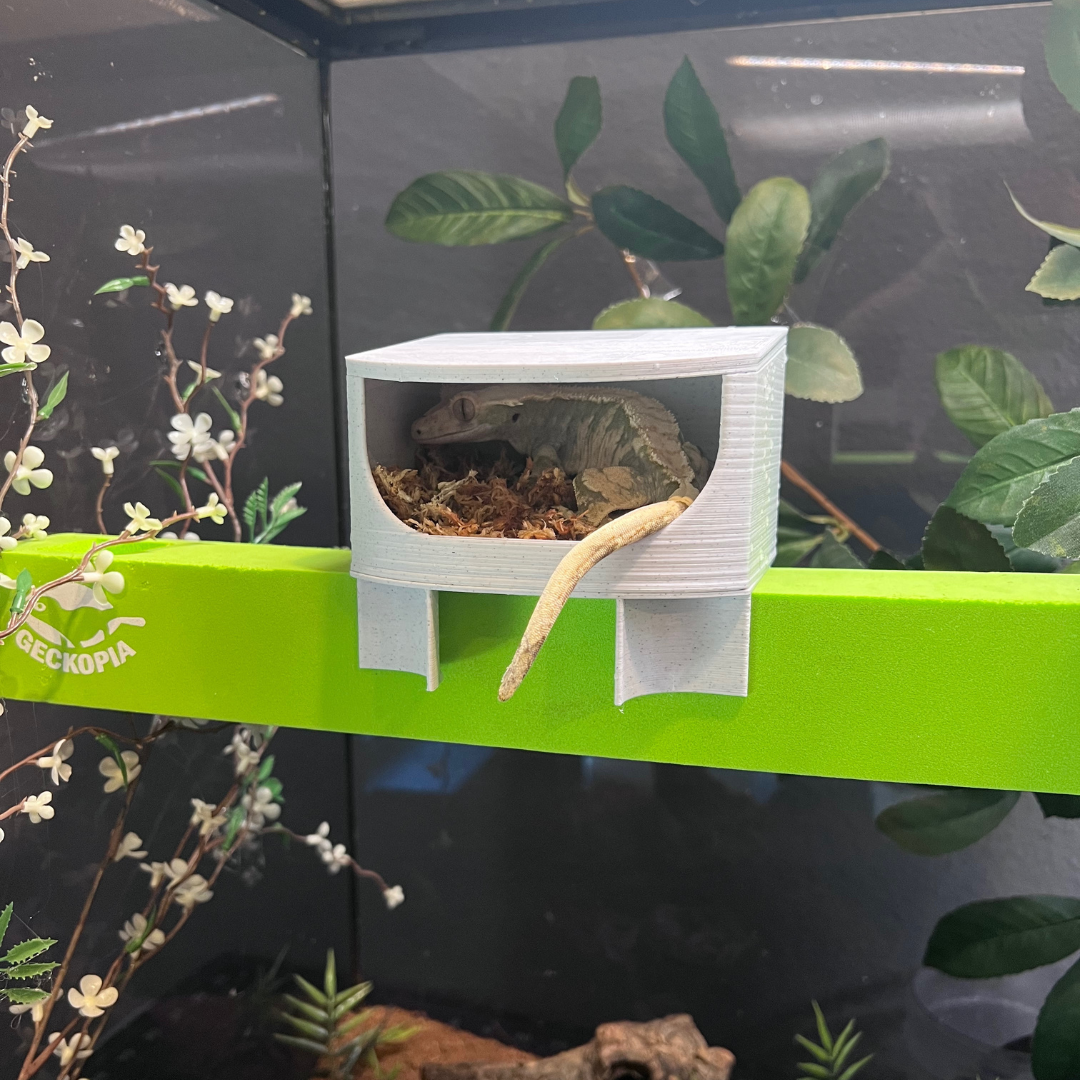

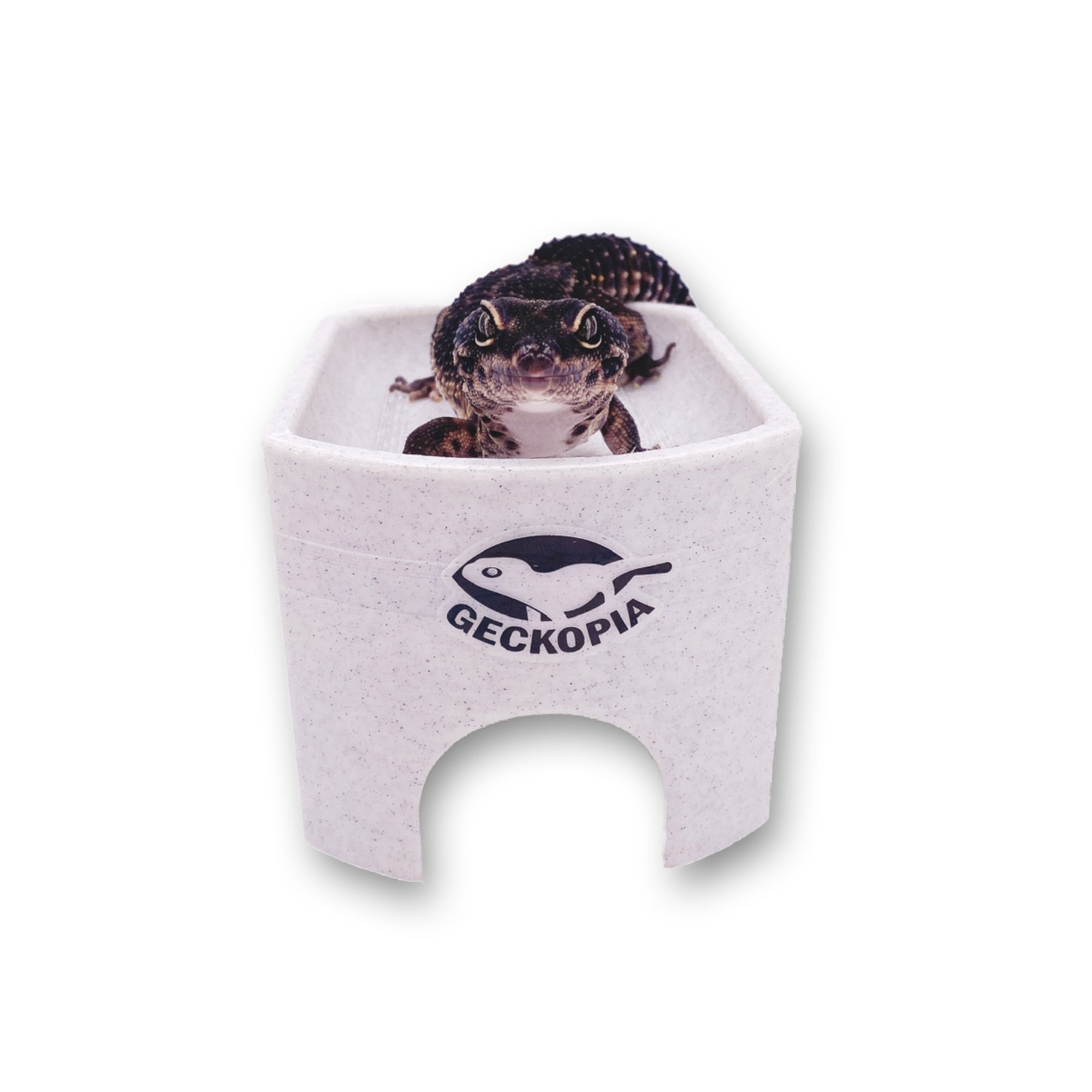
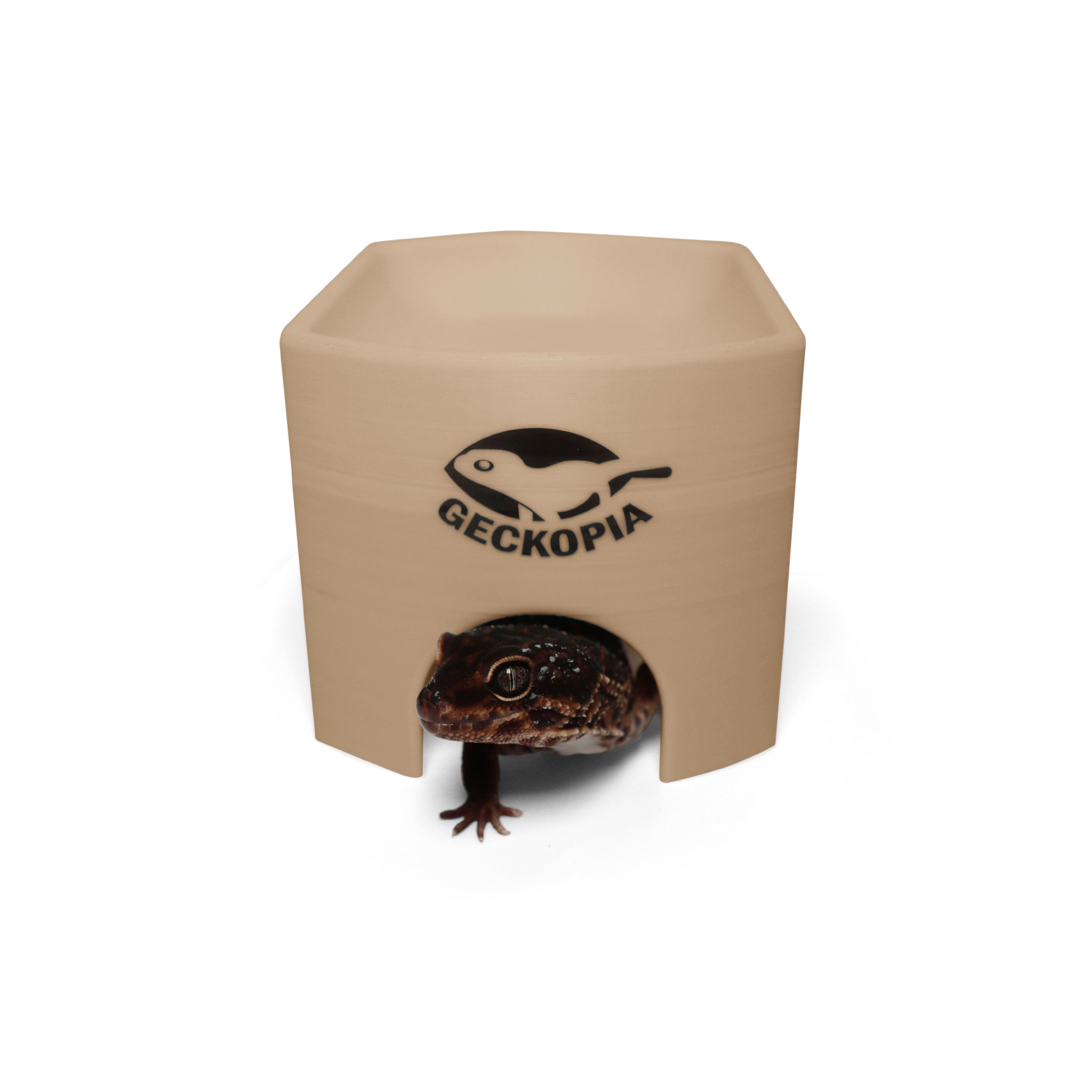
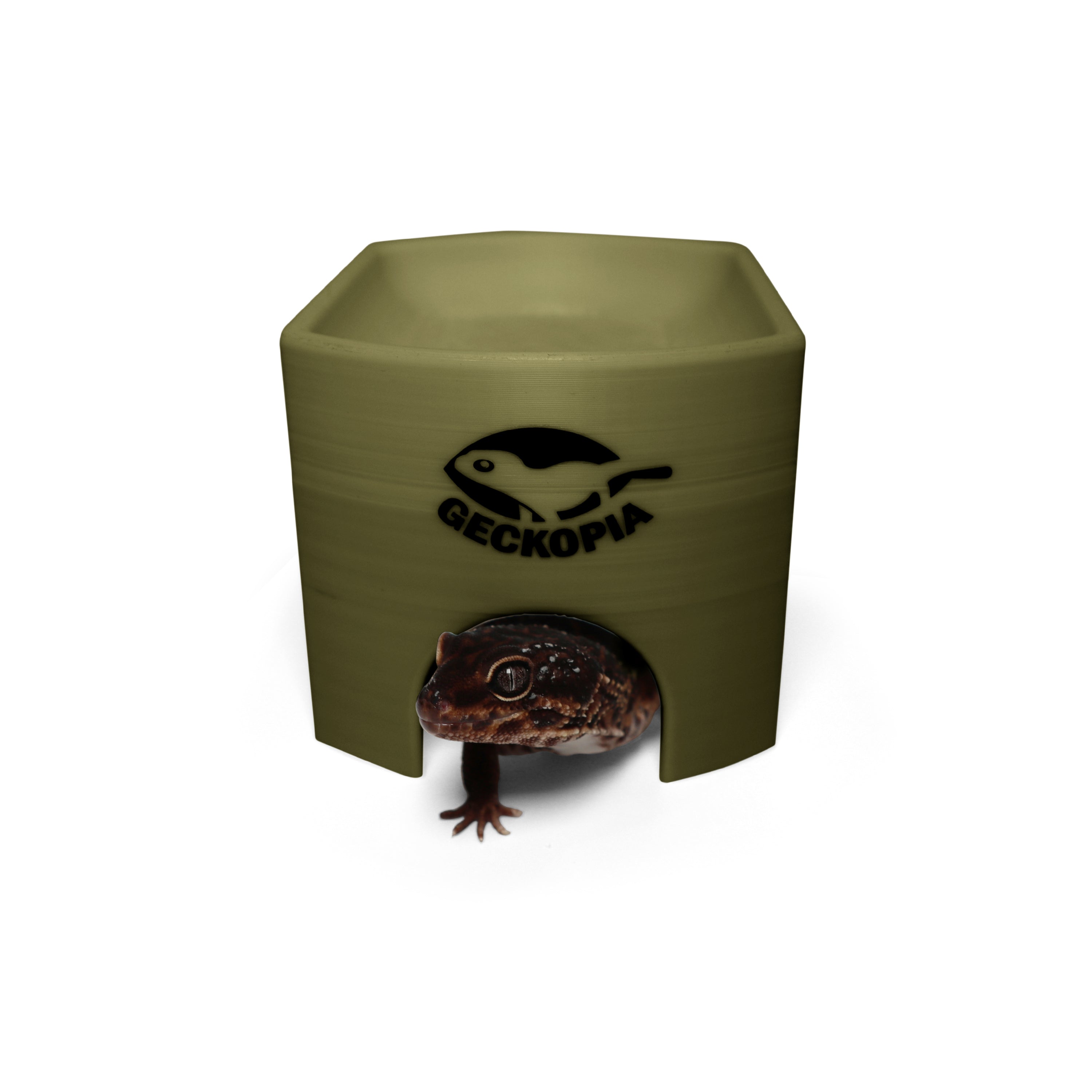

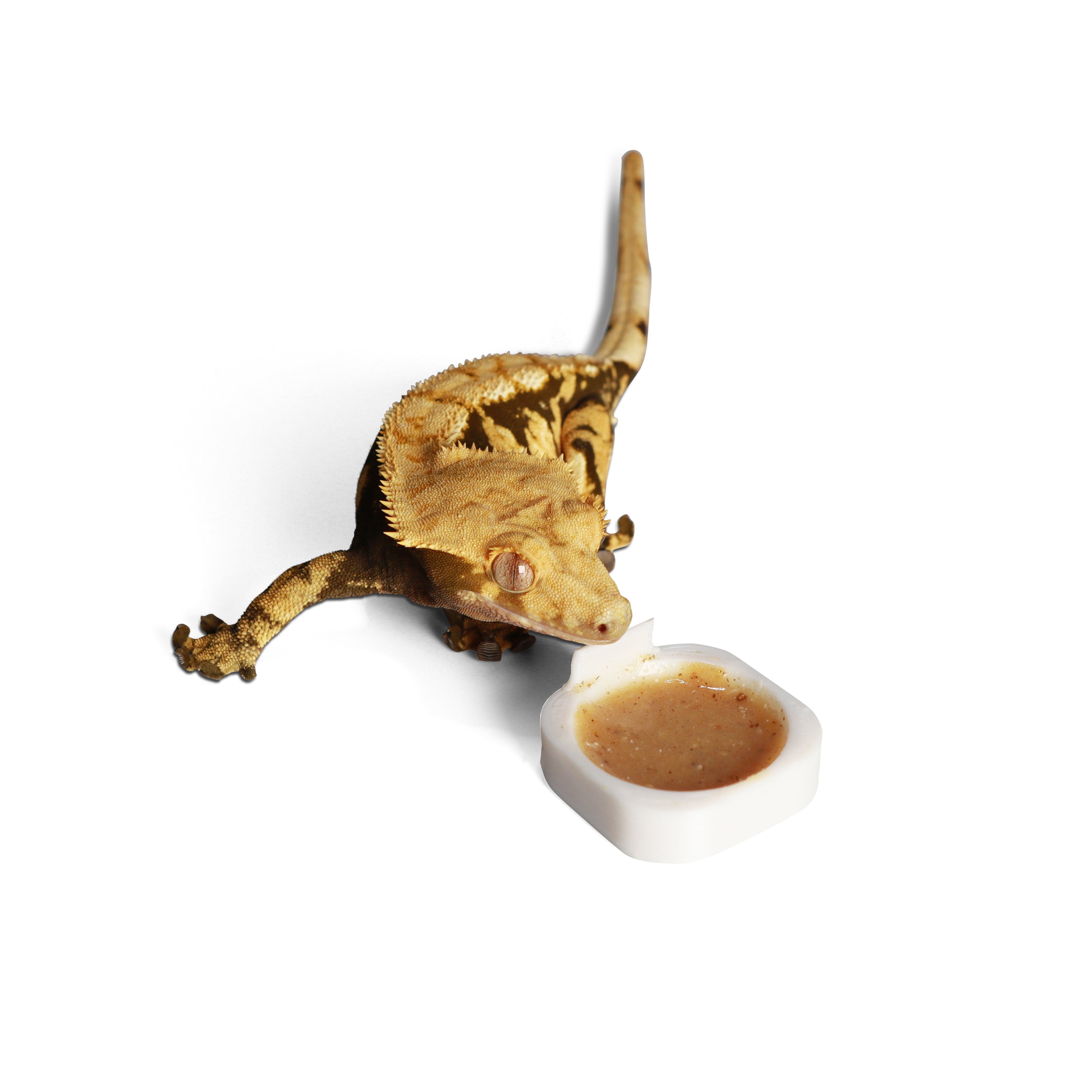
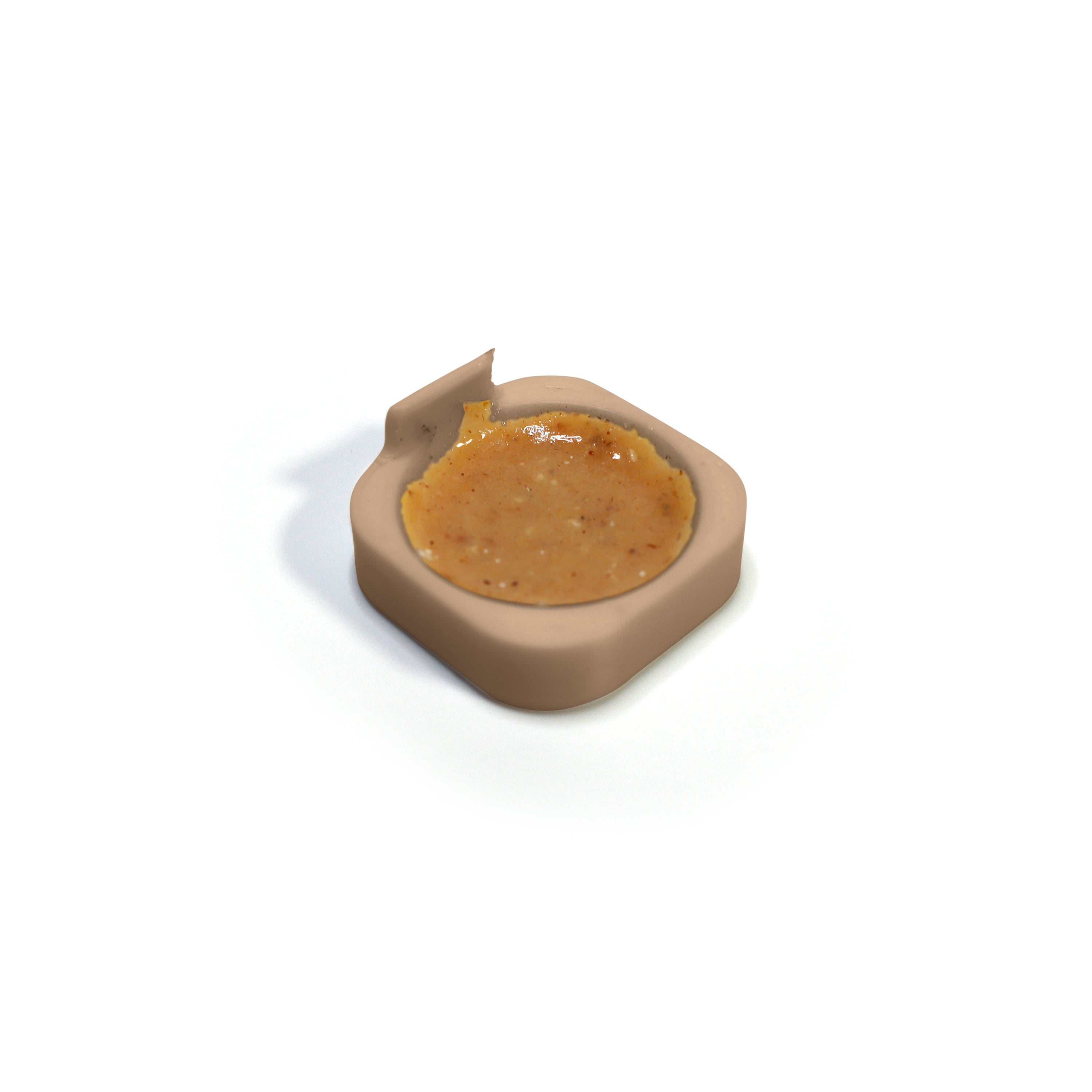
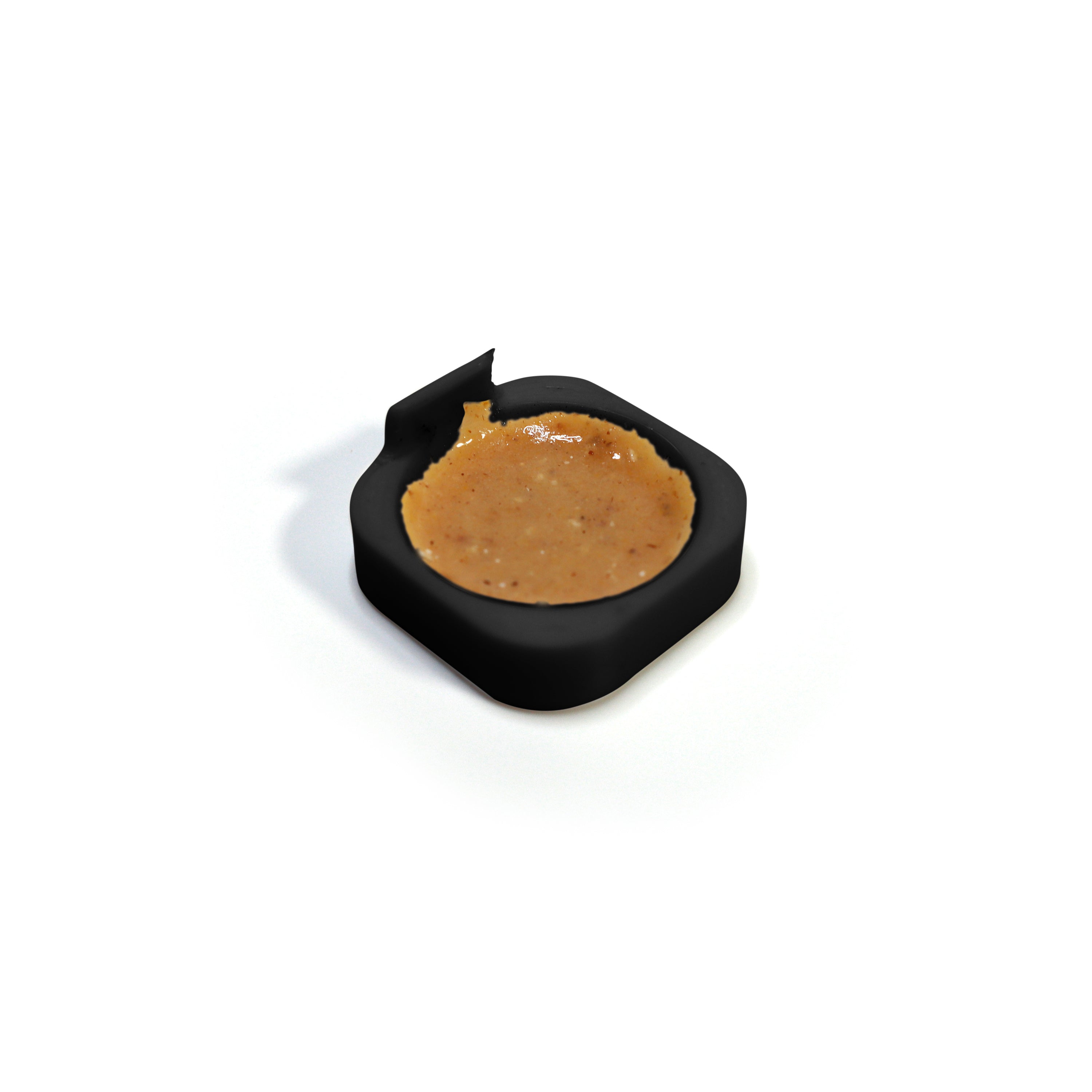
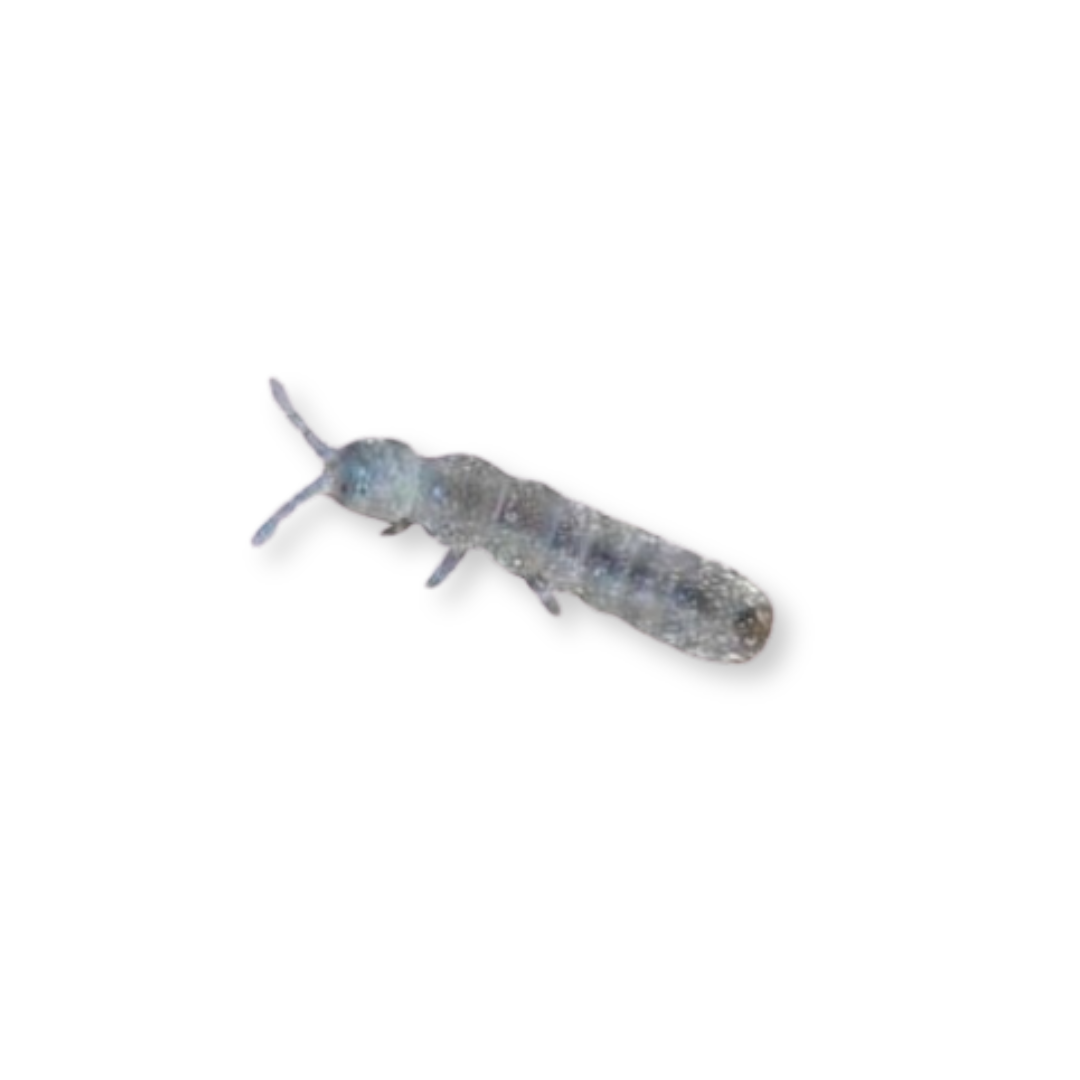
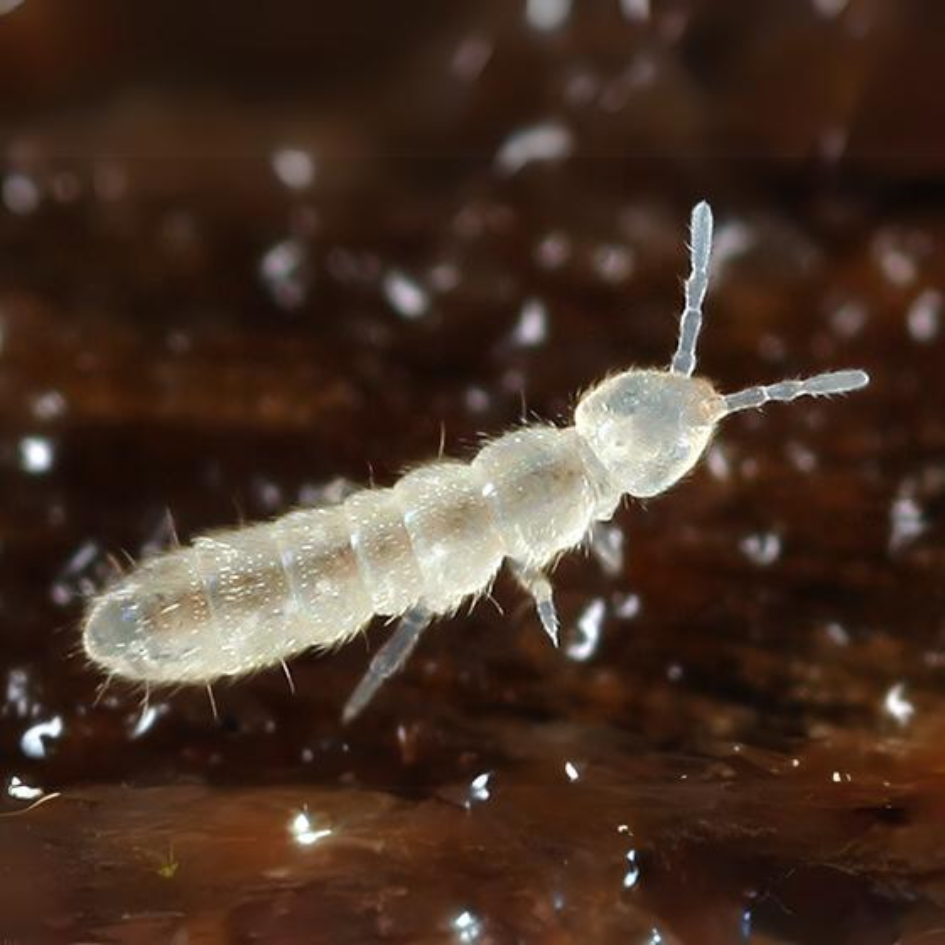
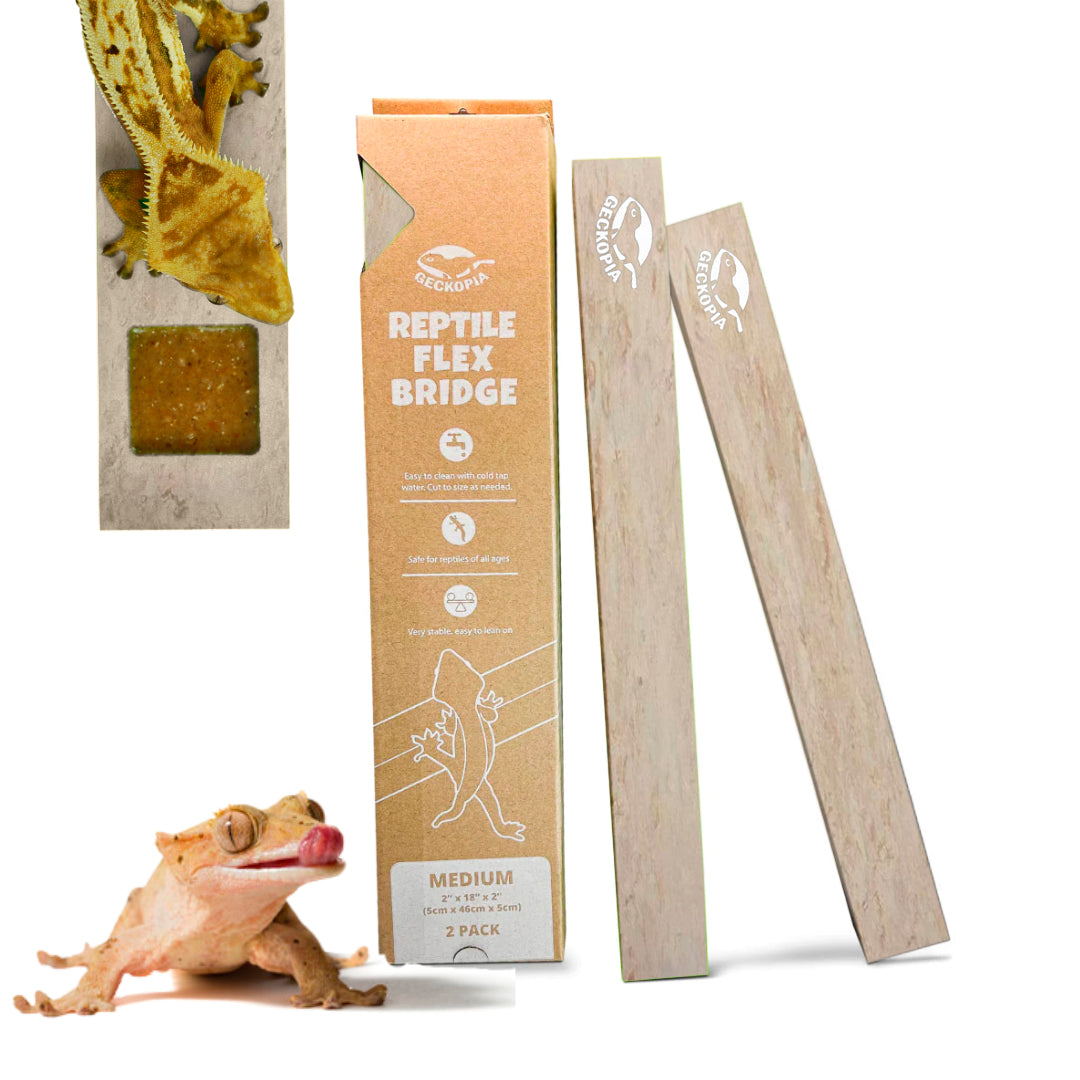

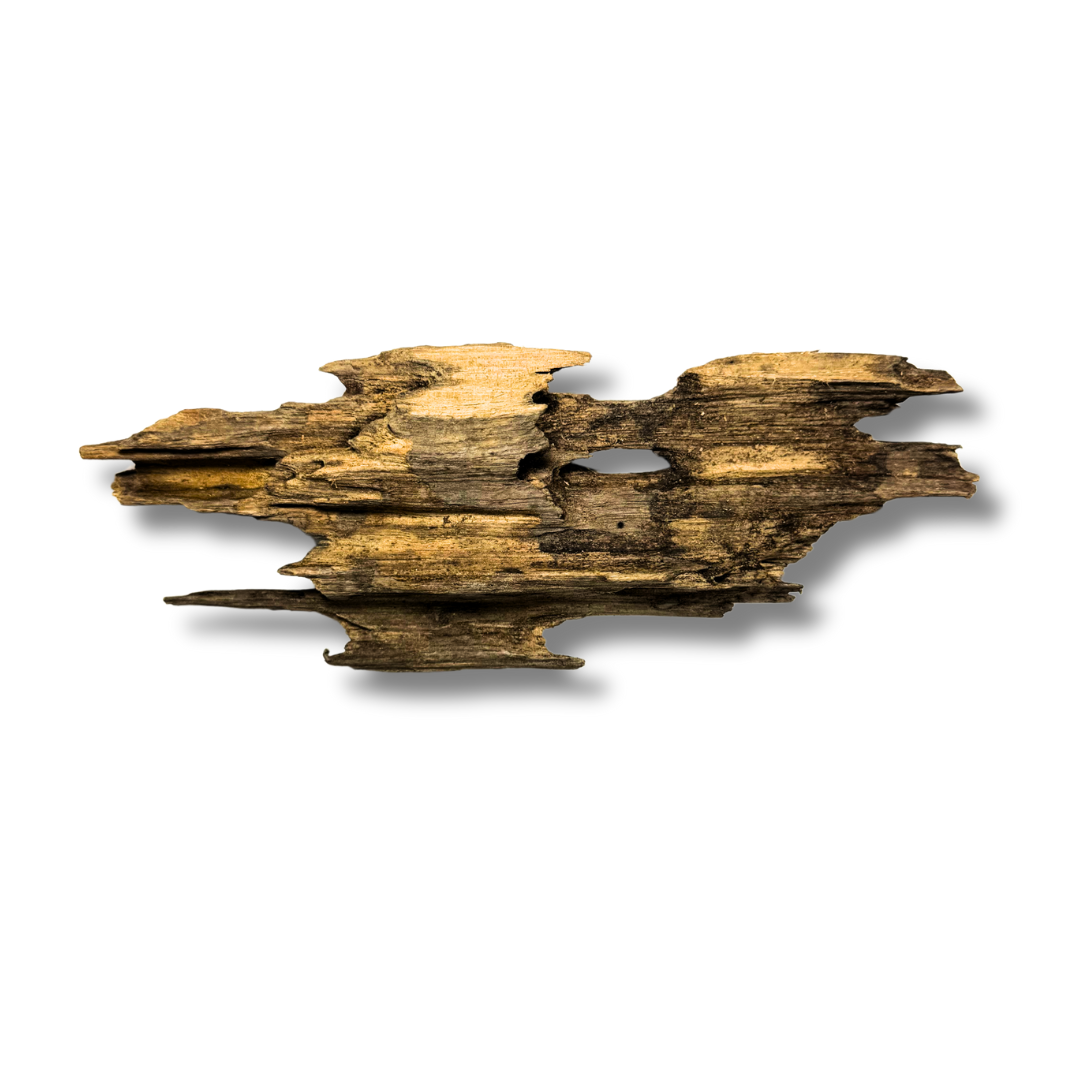
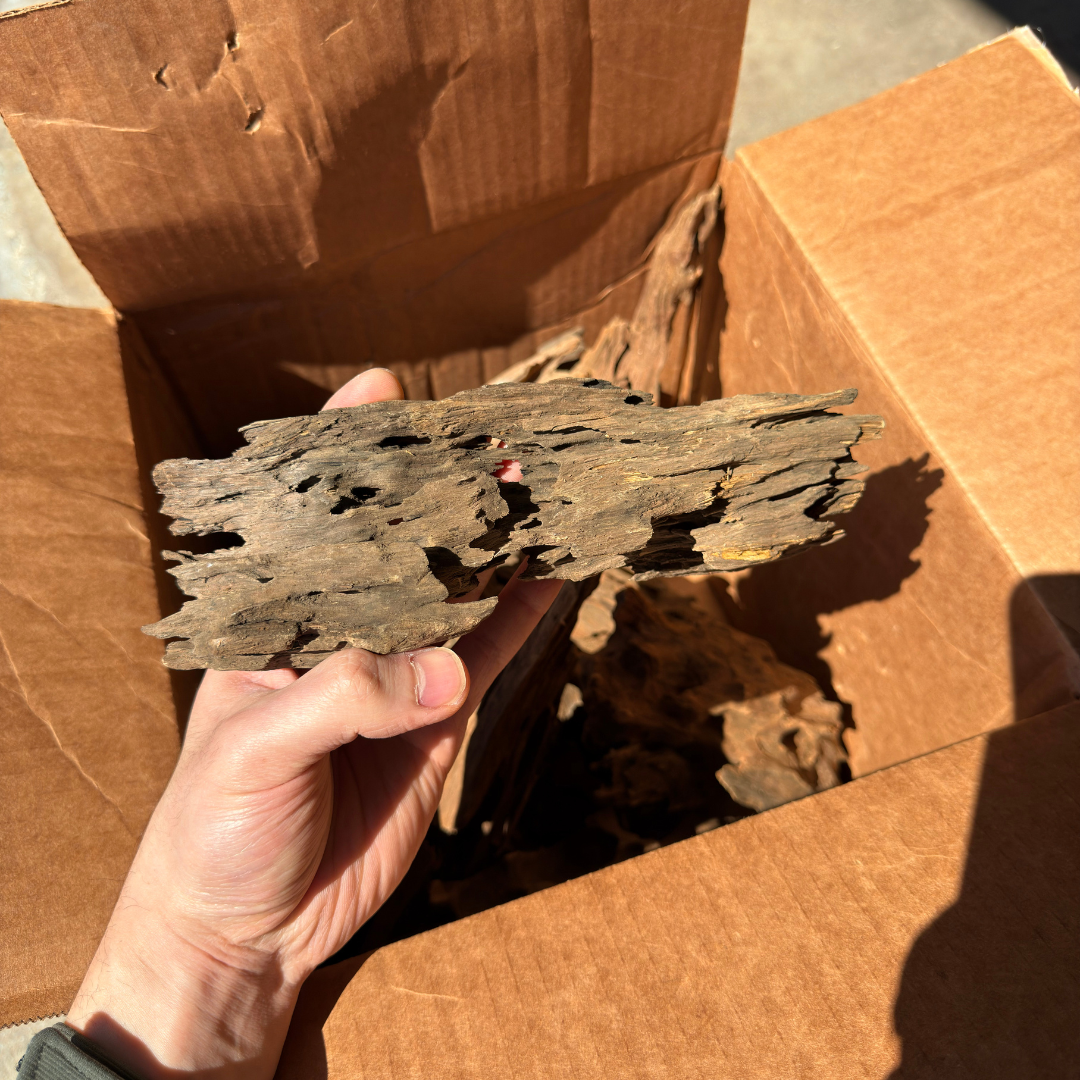
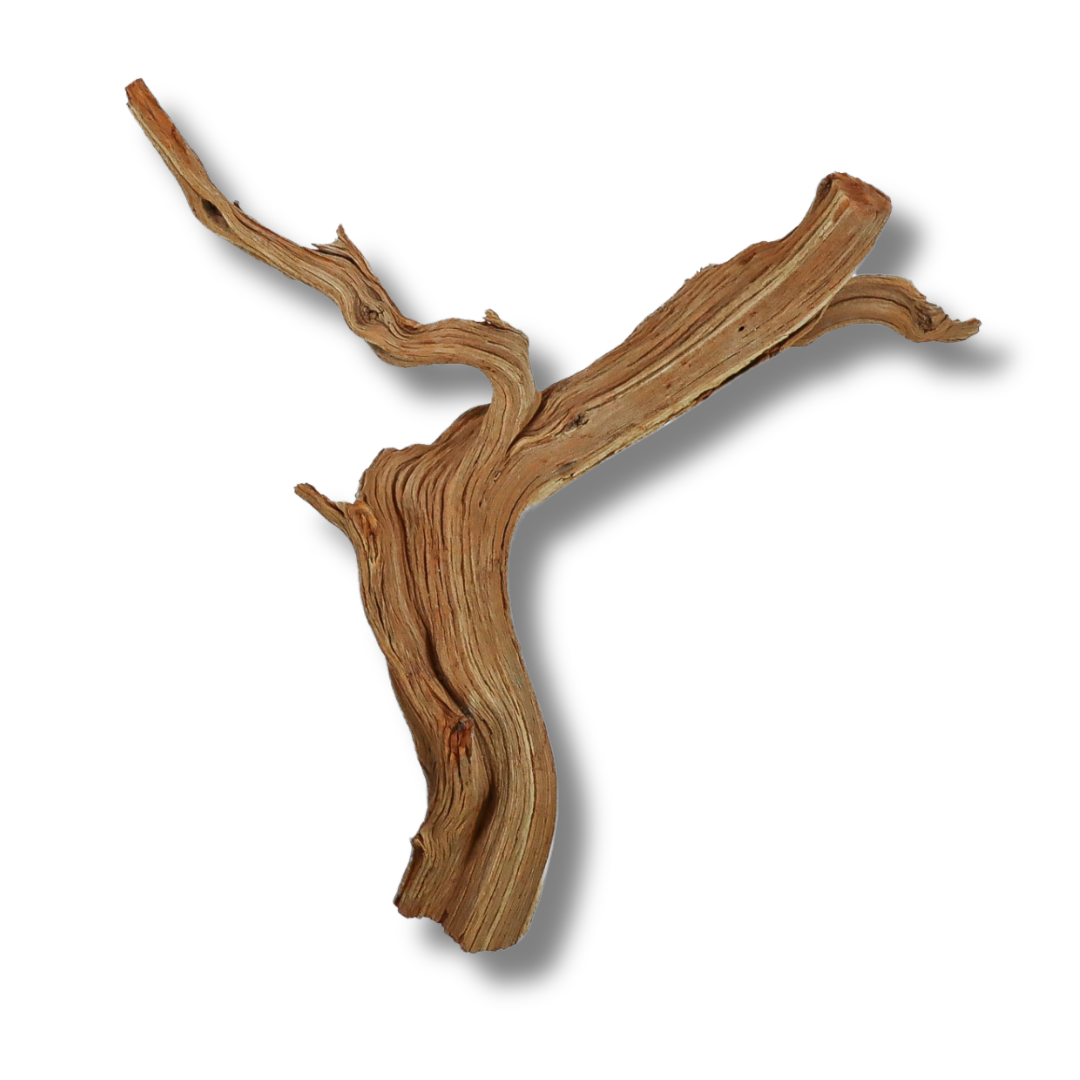
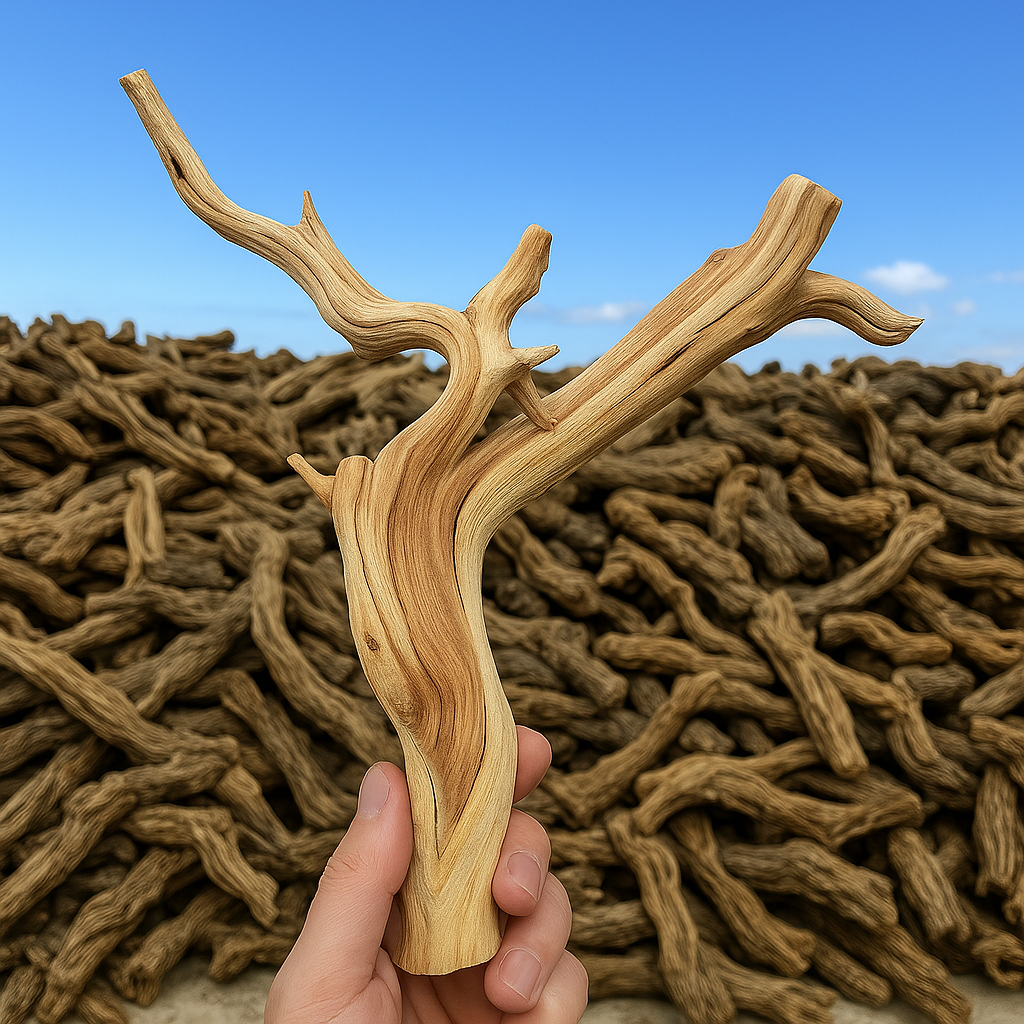
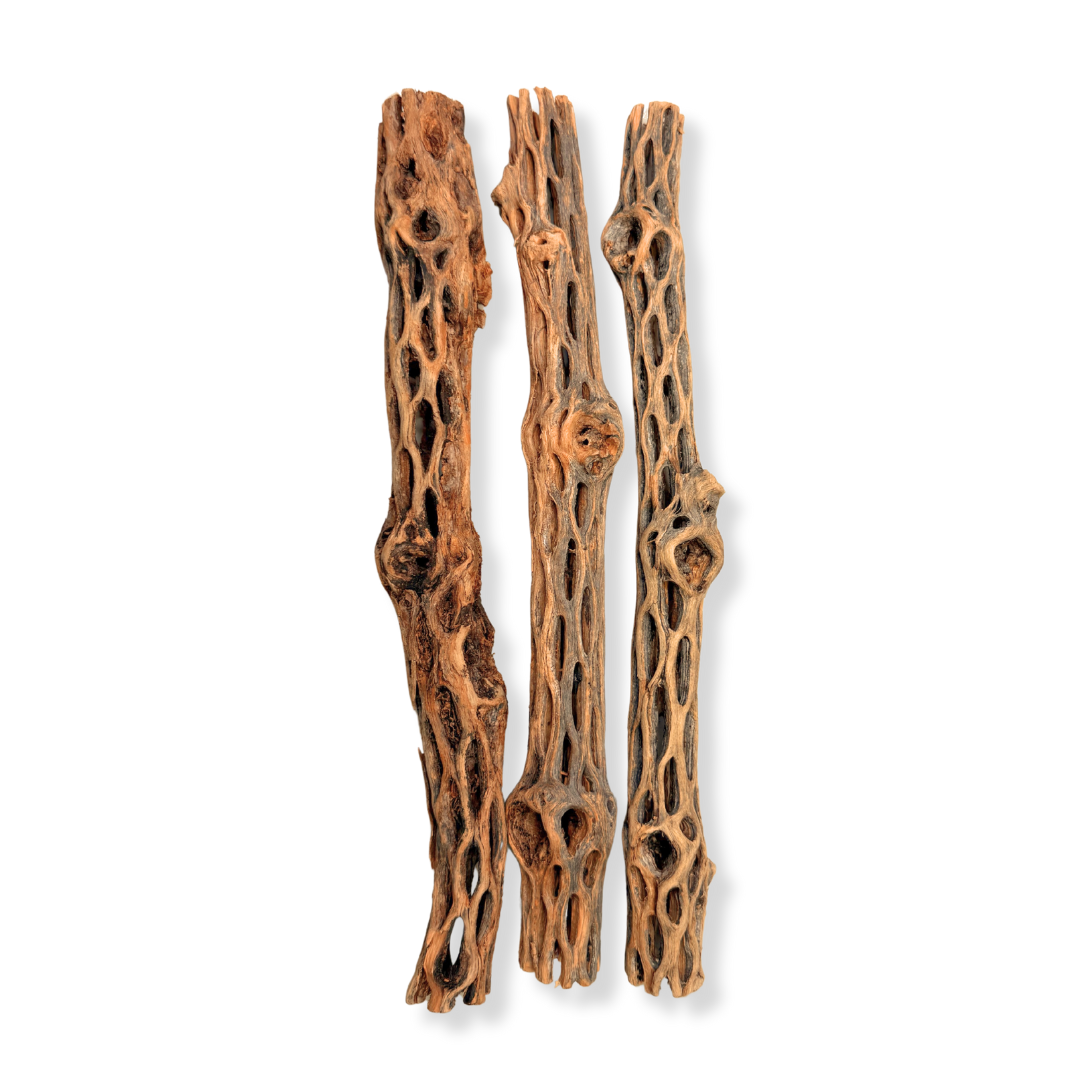
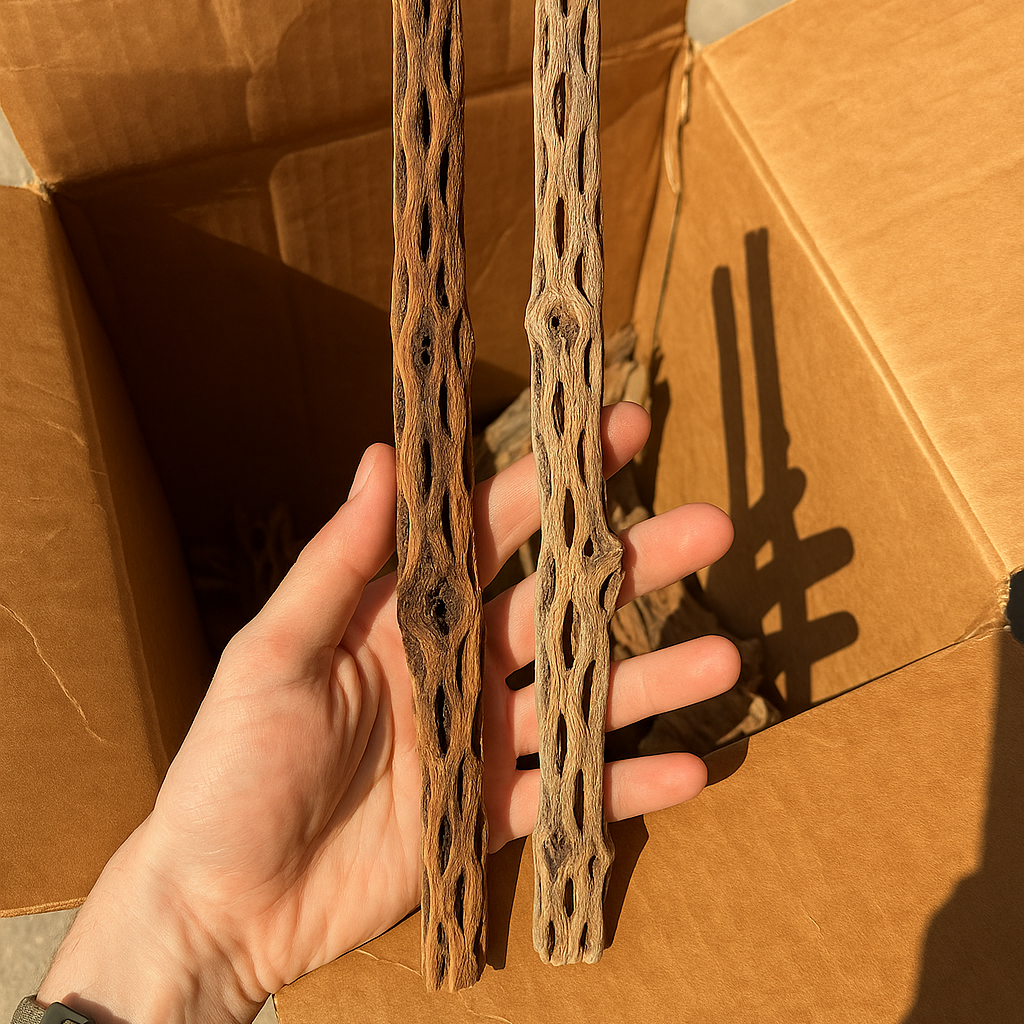
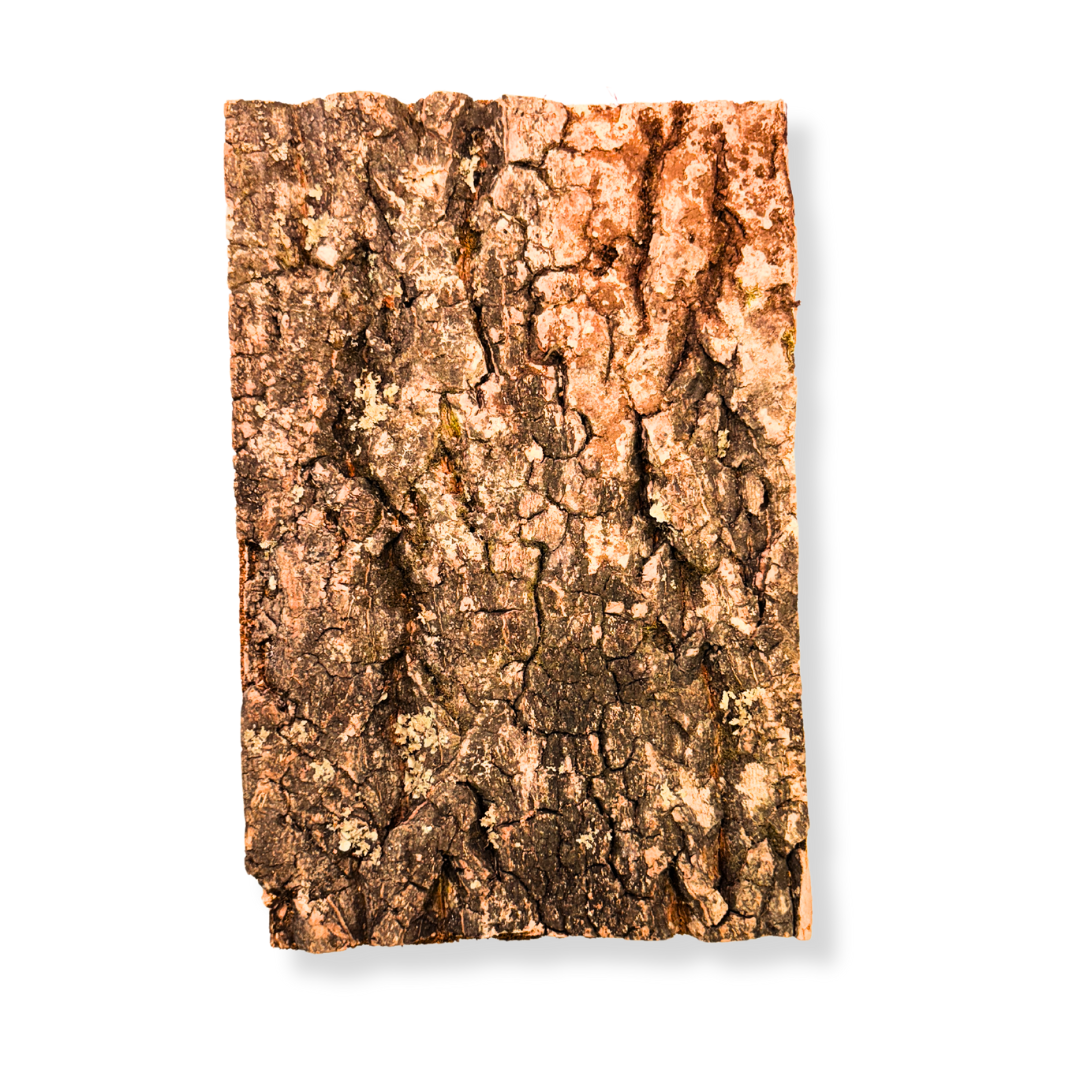




335 comments
GCvHnrNKy
QLwdCWOkXTEtZVK
QBZtSipyMkl
yEvzwIuYZb
mDXPZYLdnztheN
Leave a comment